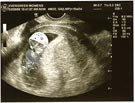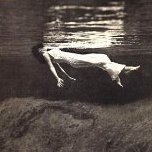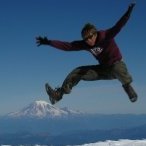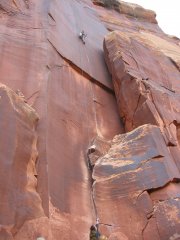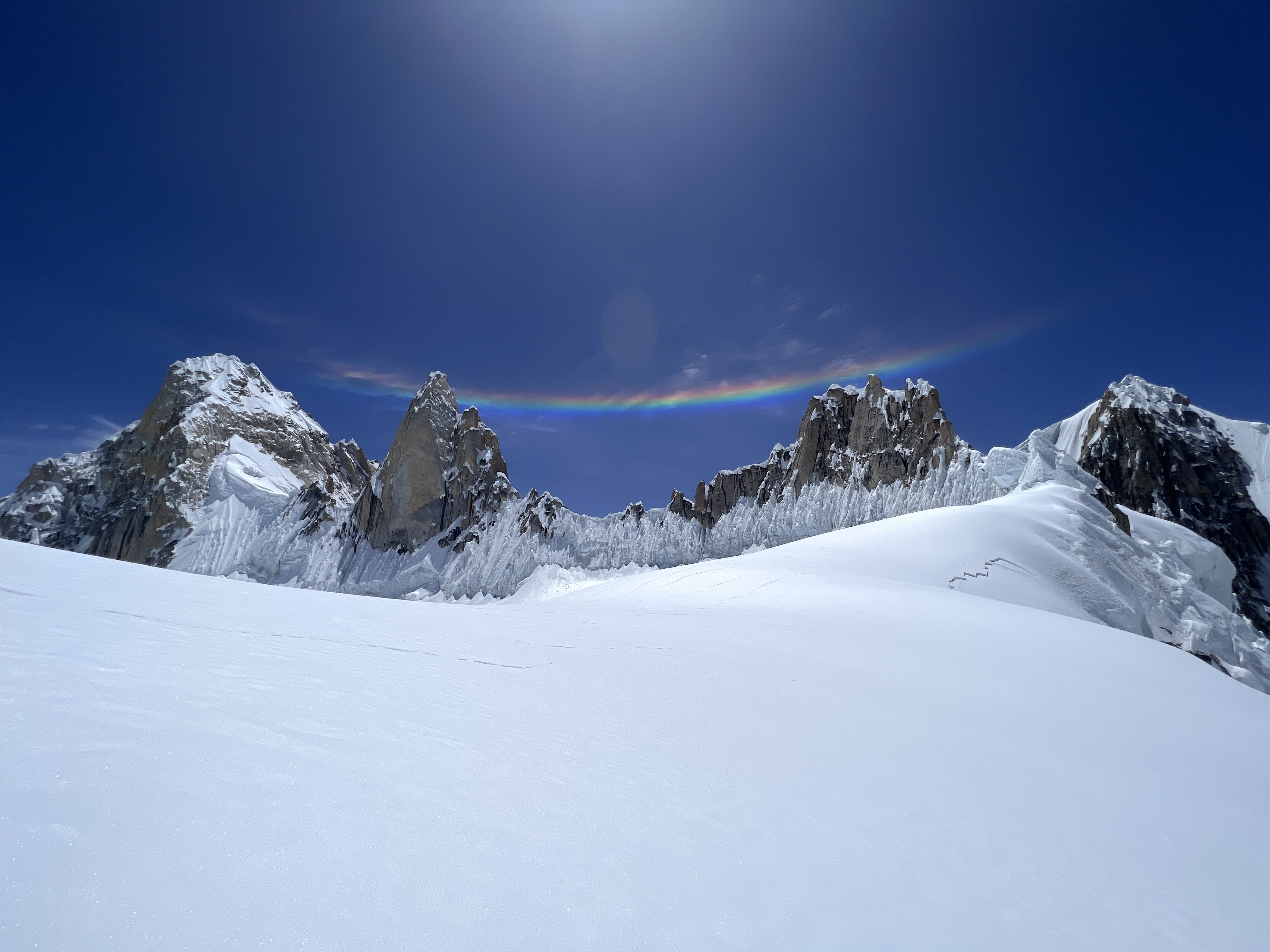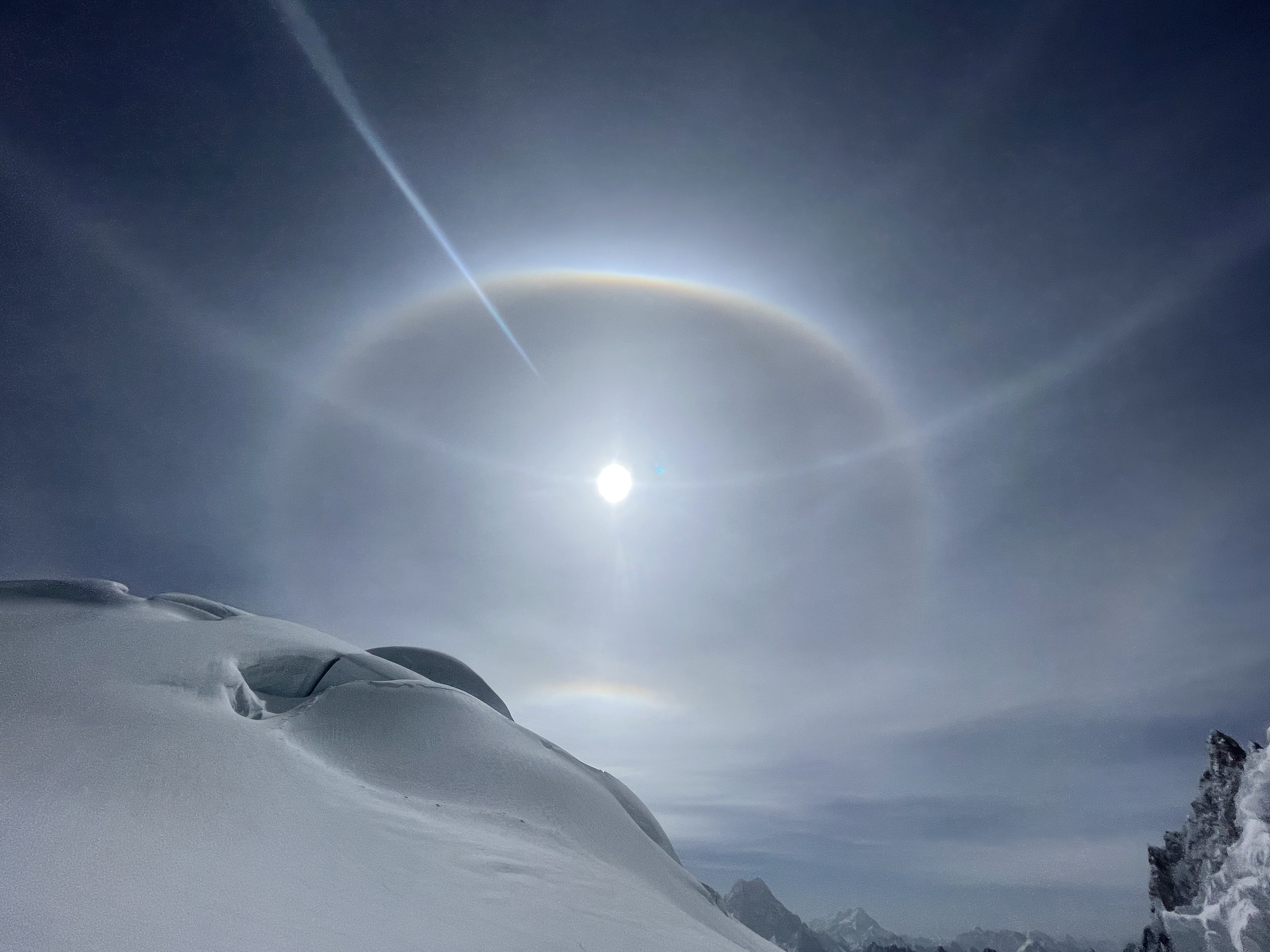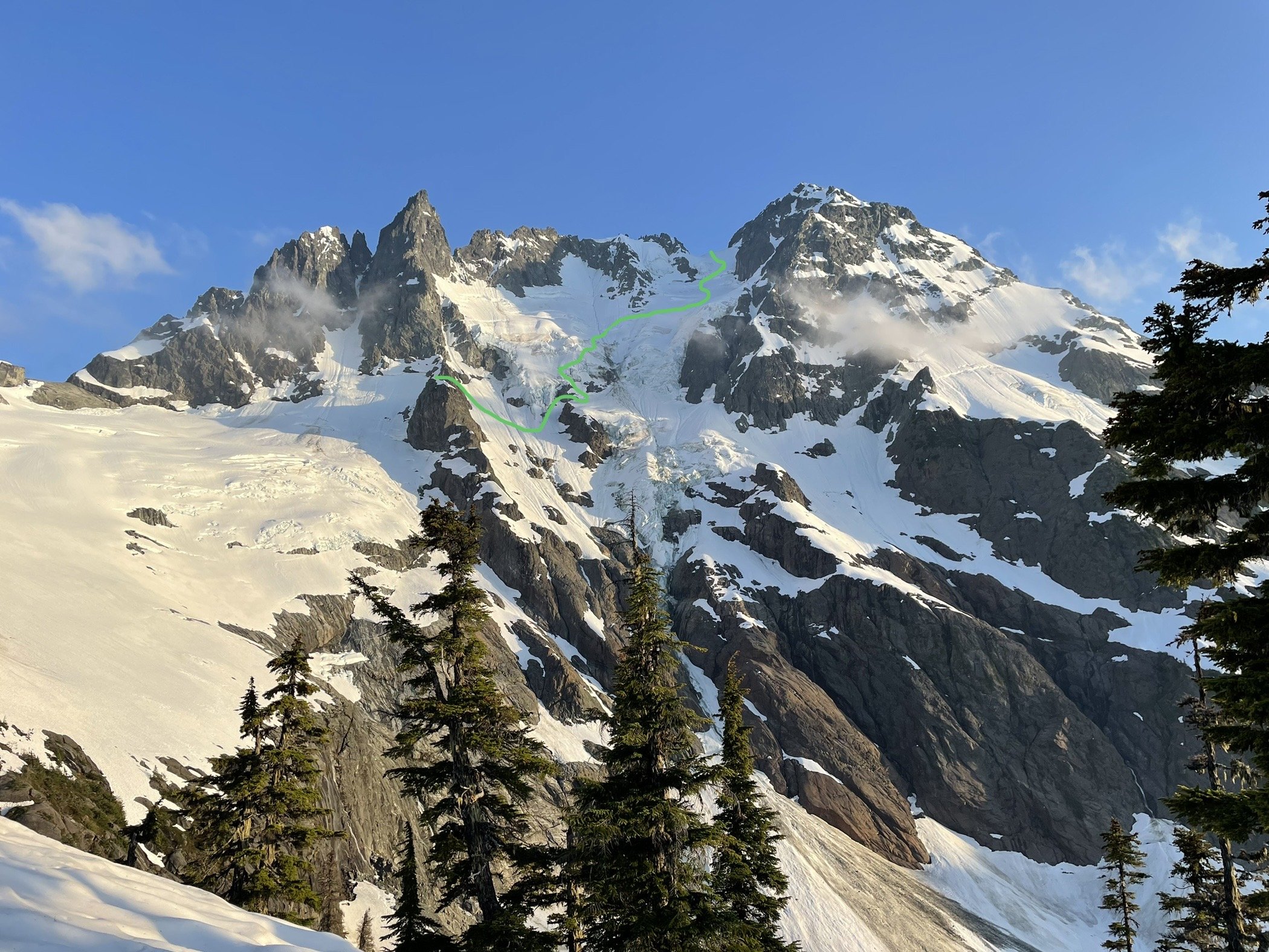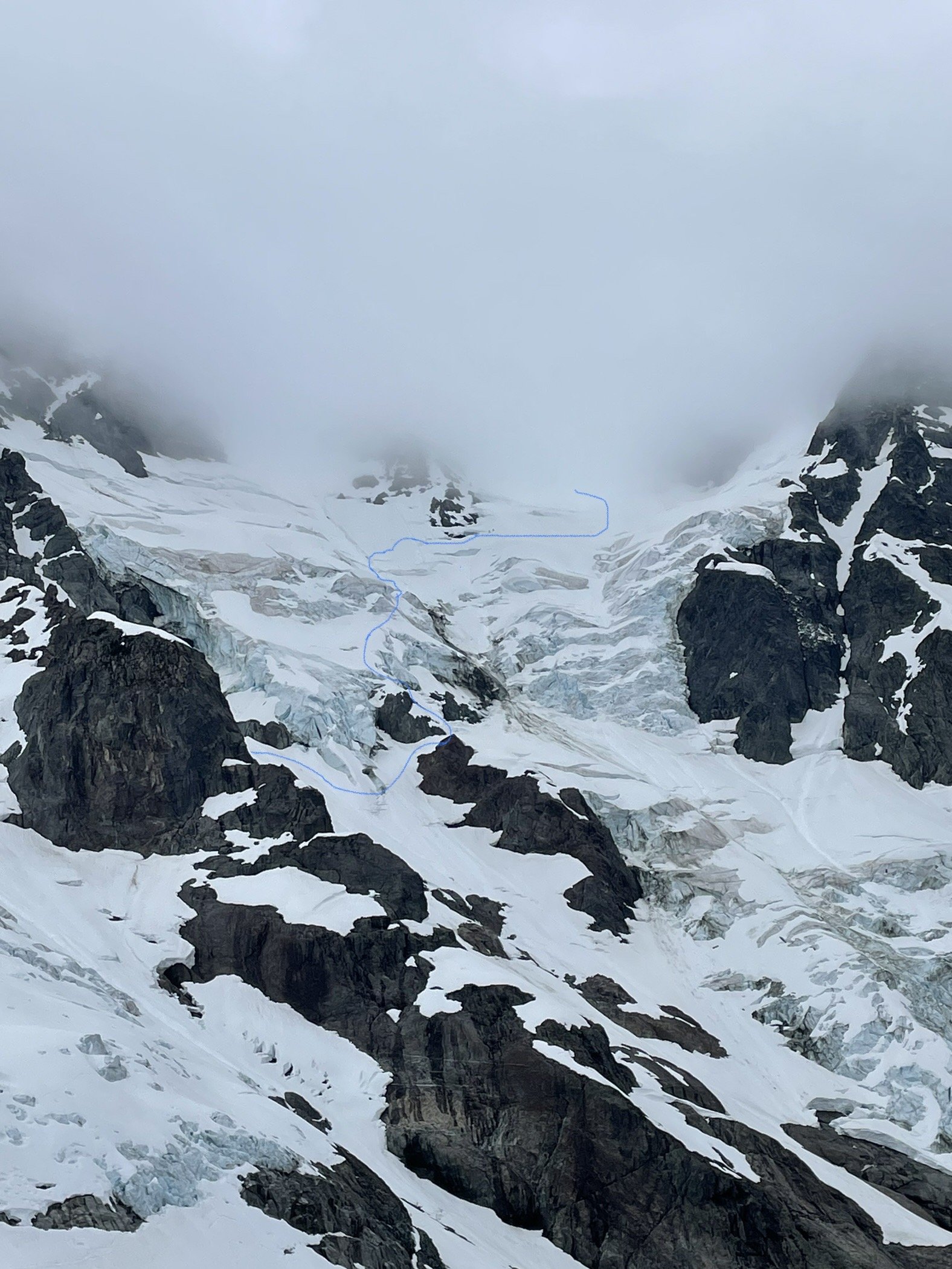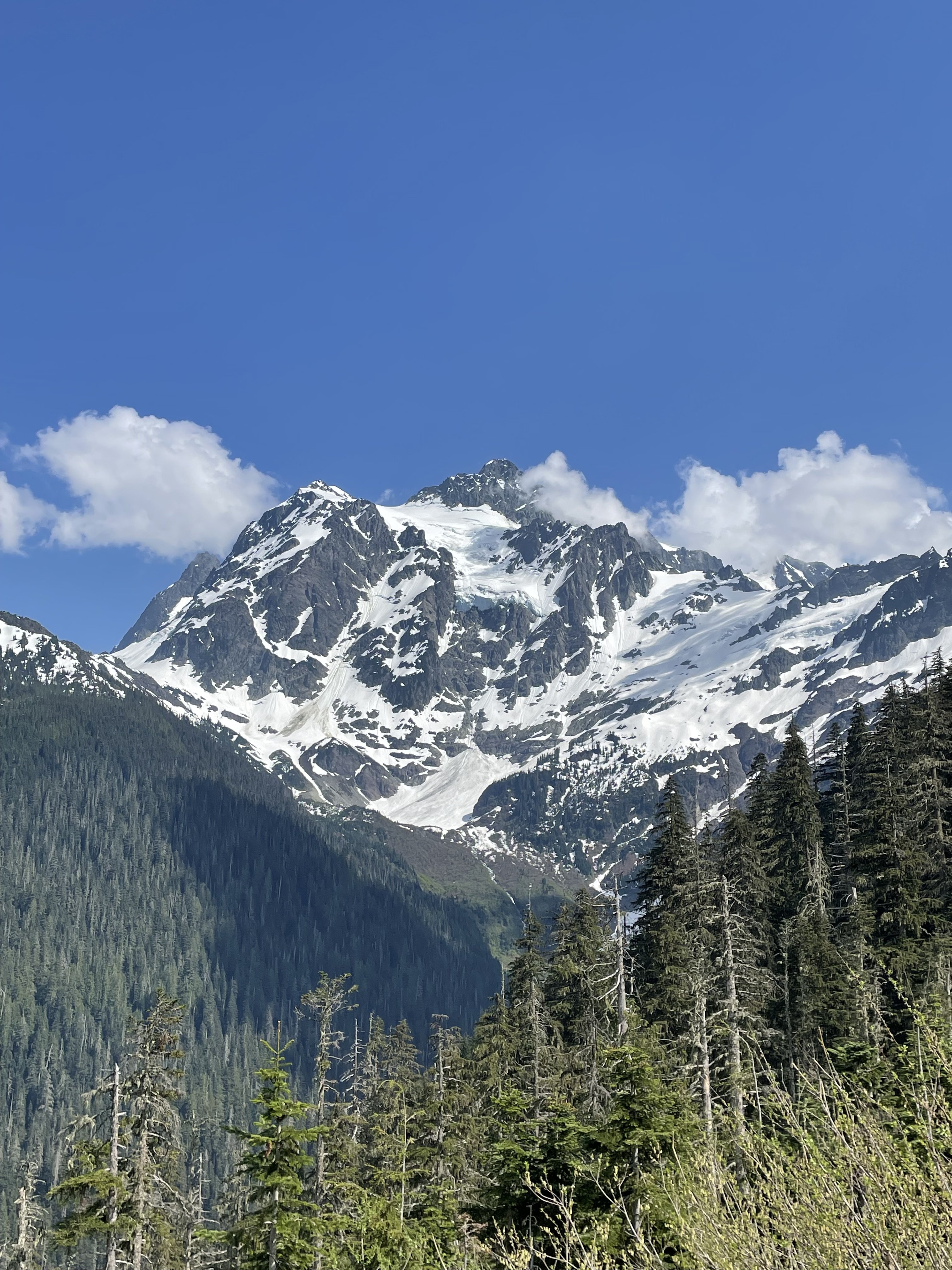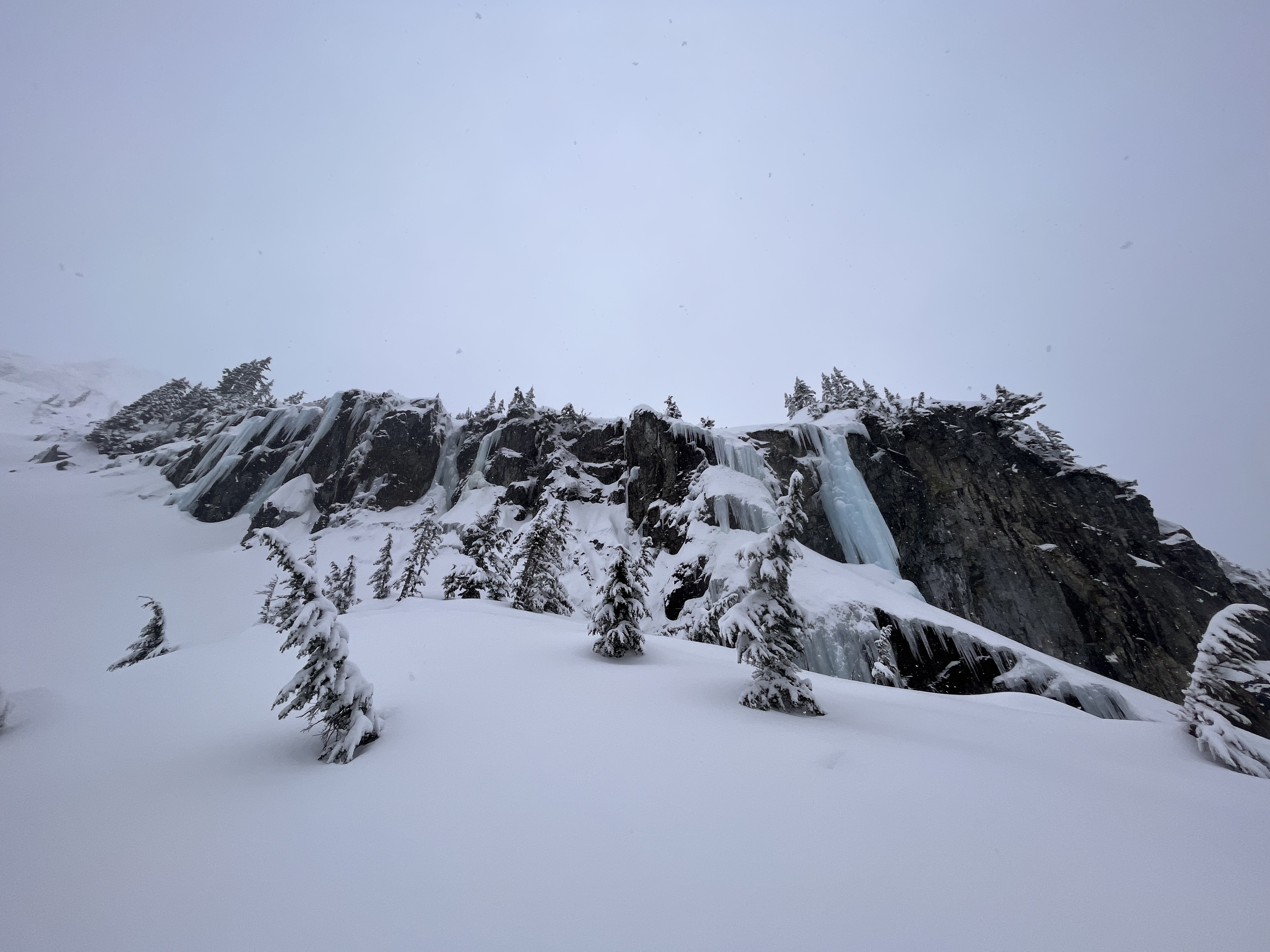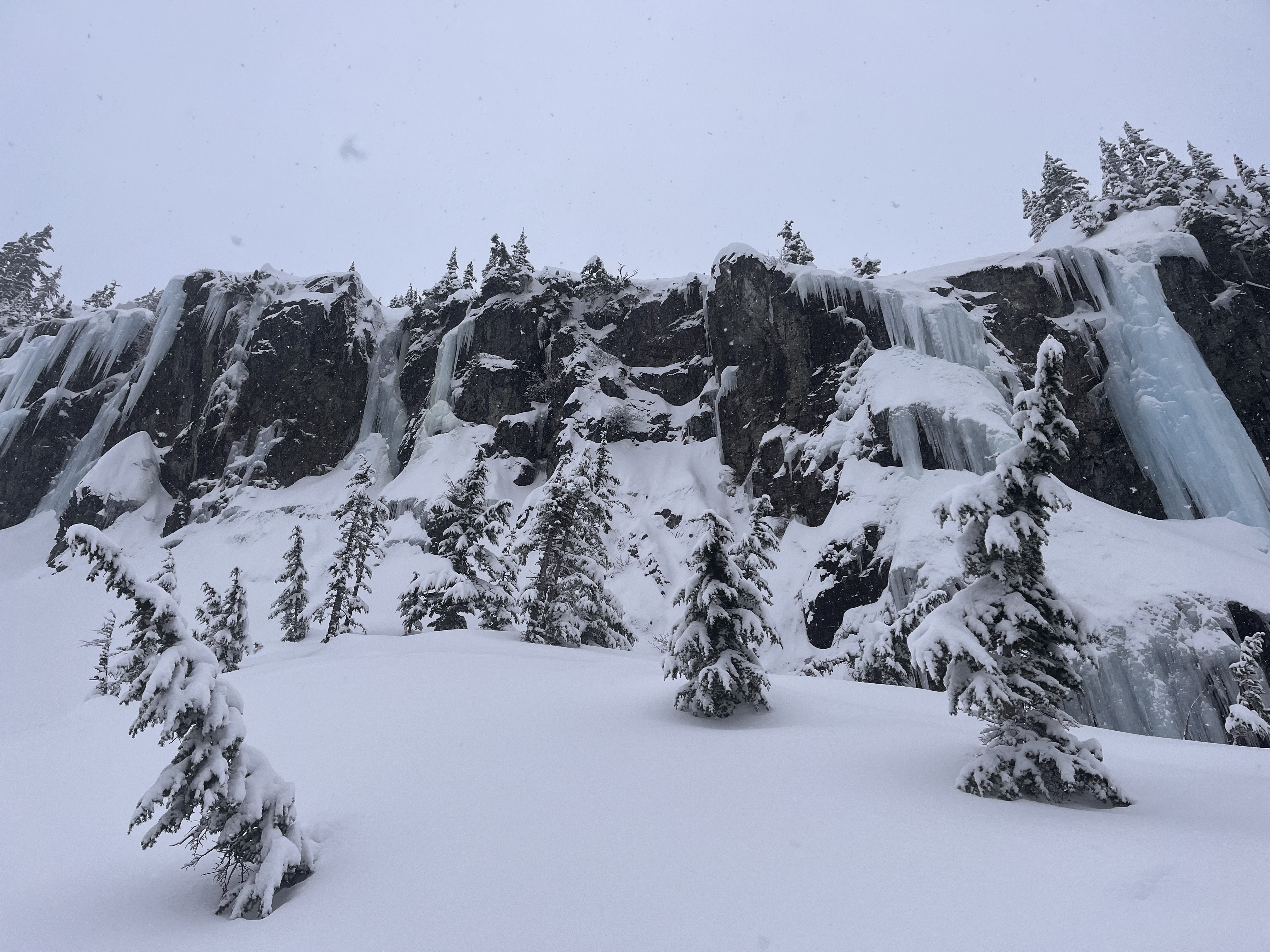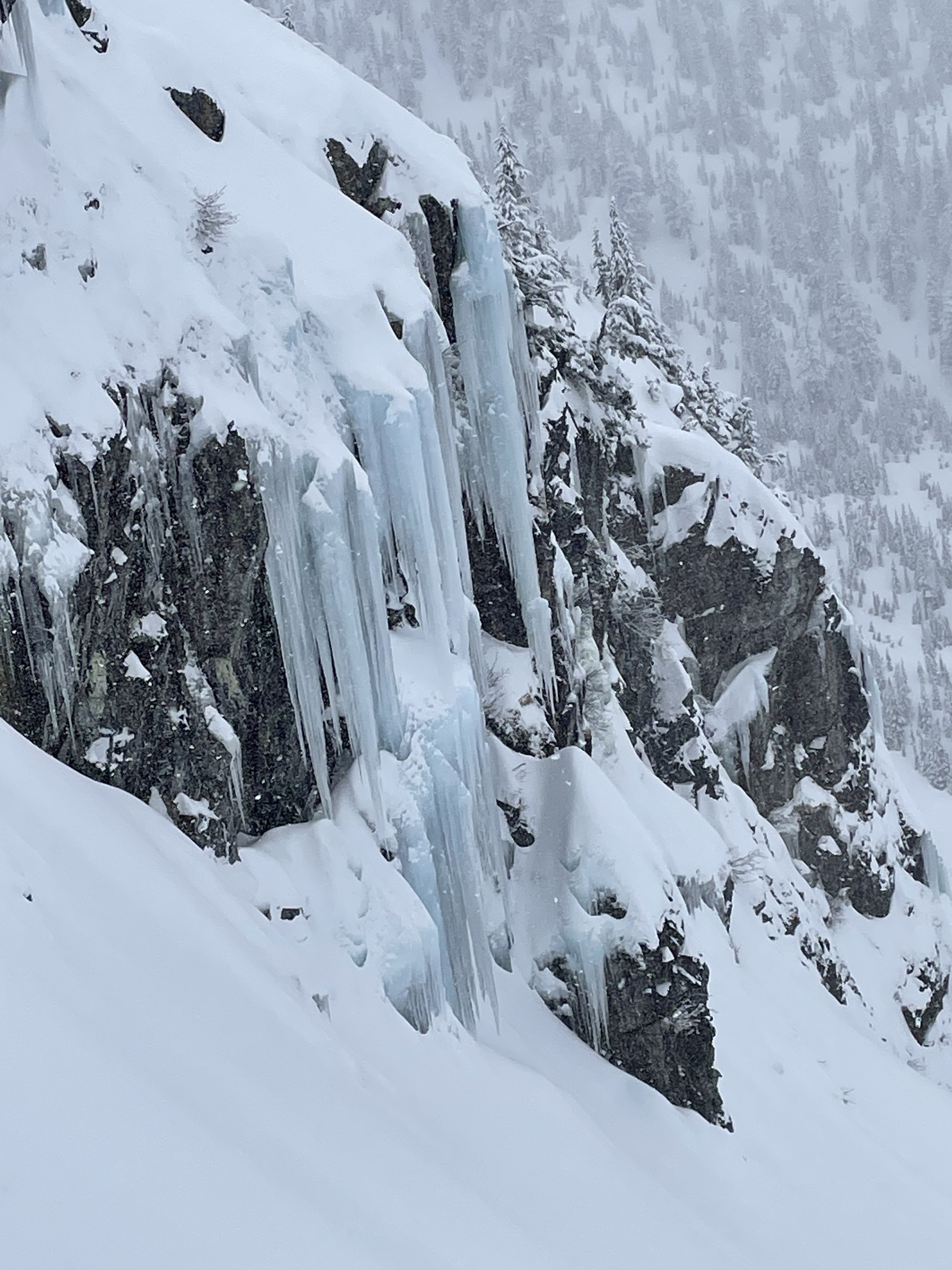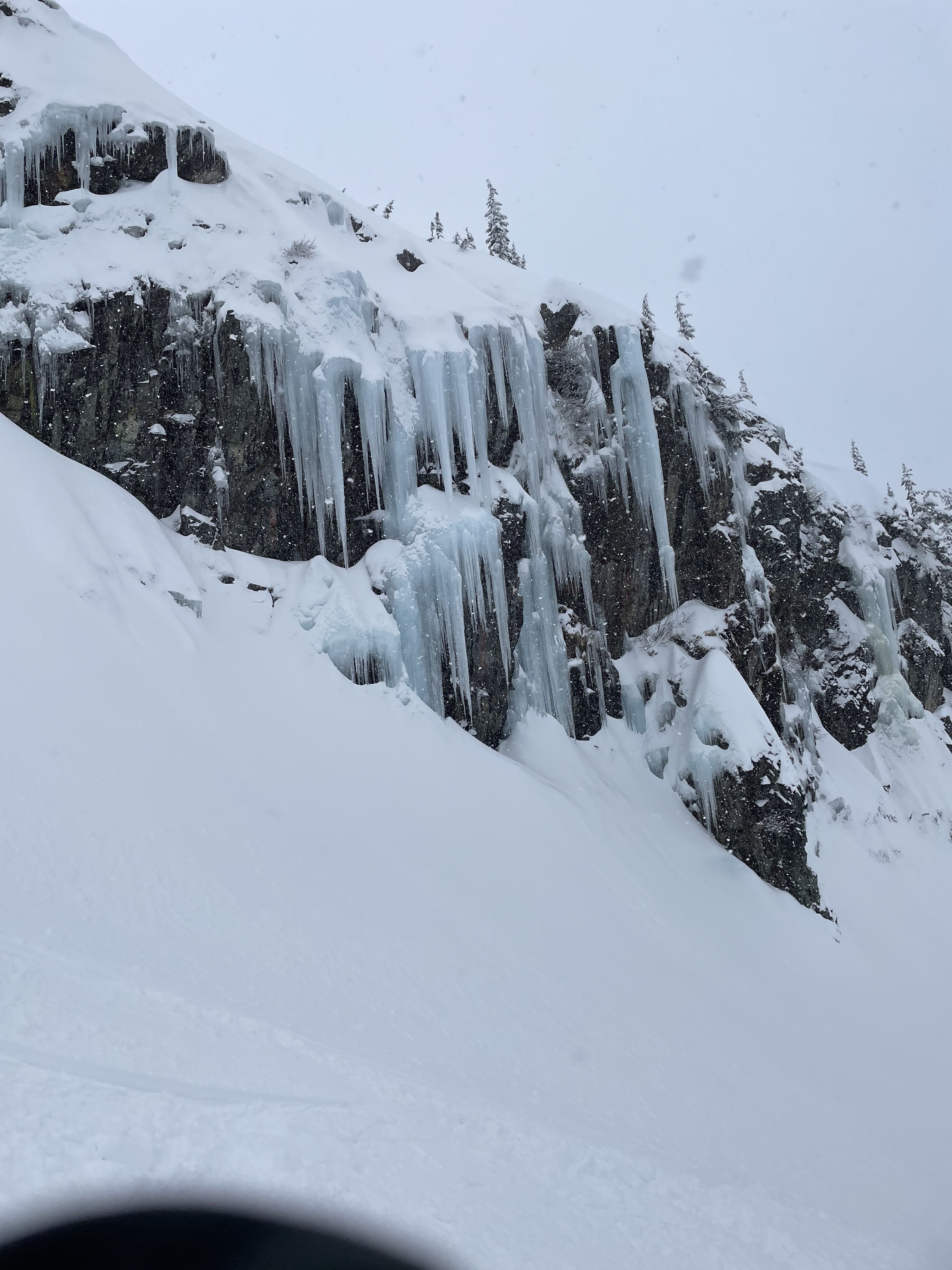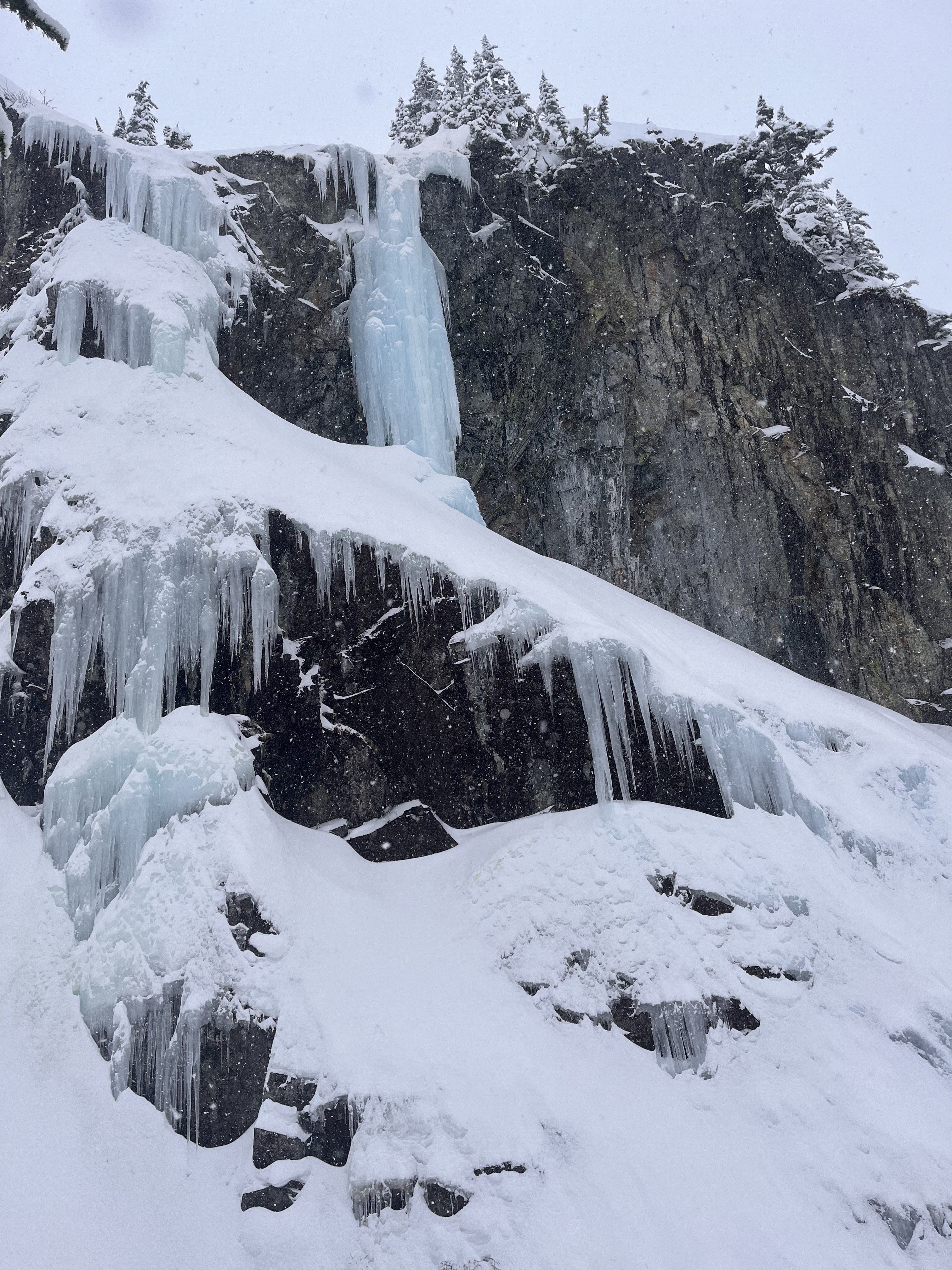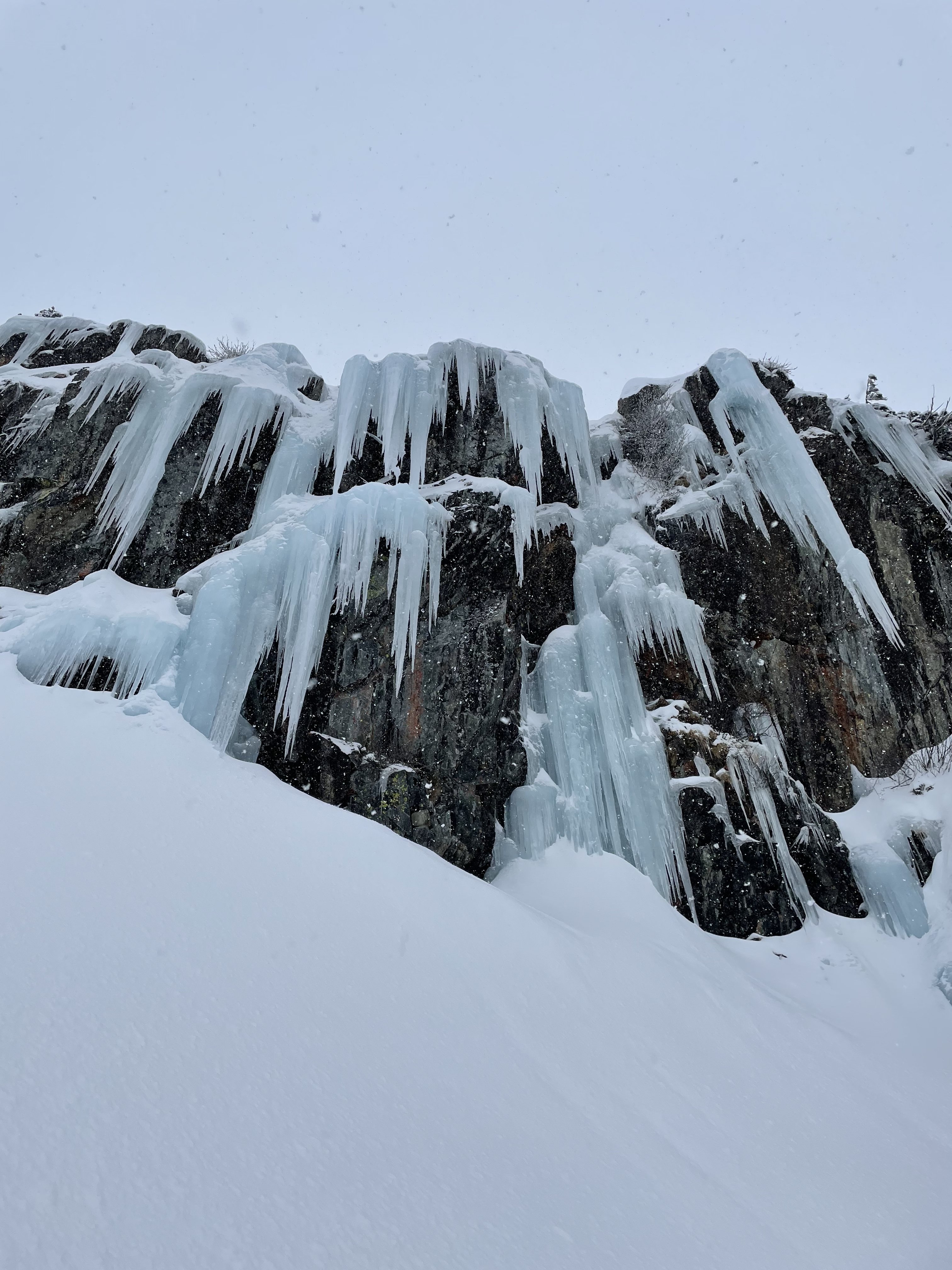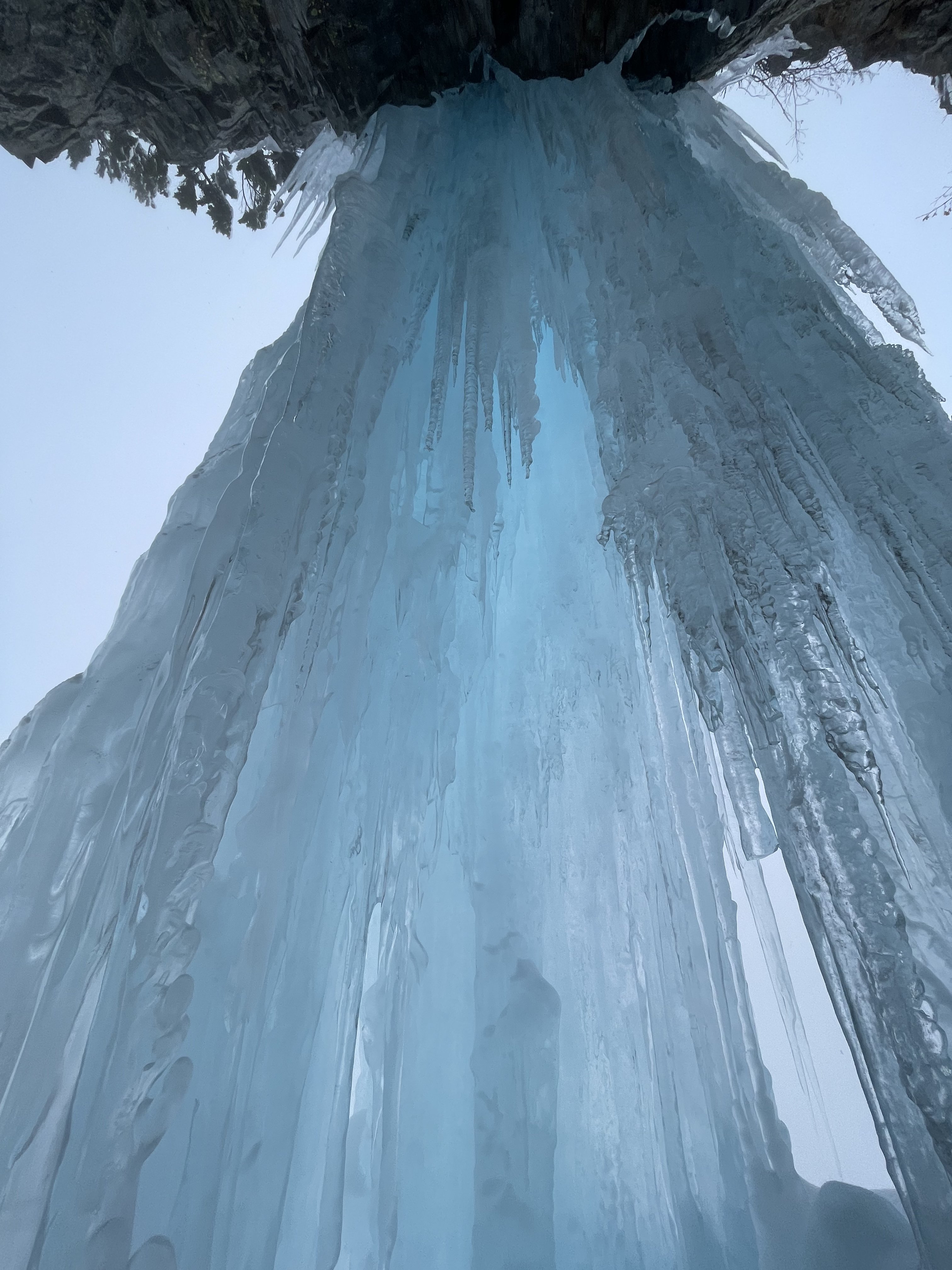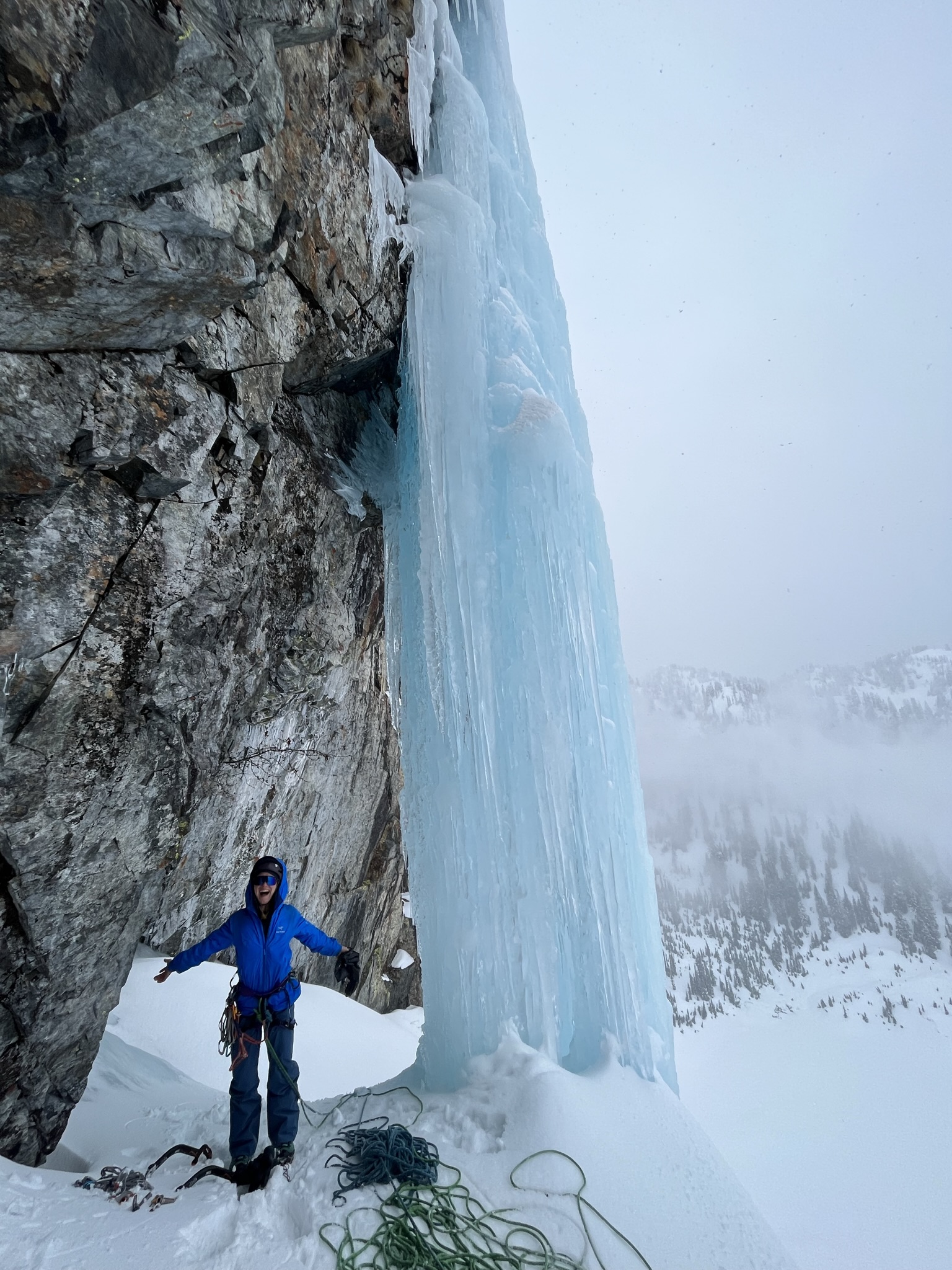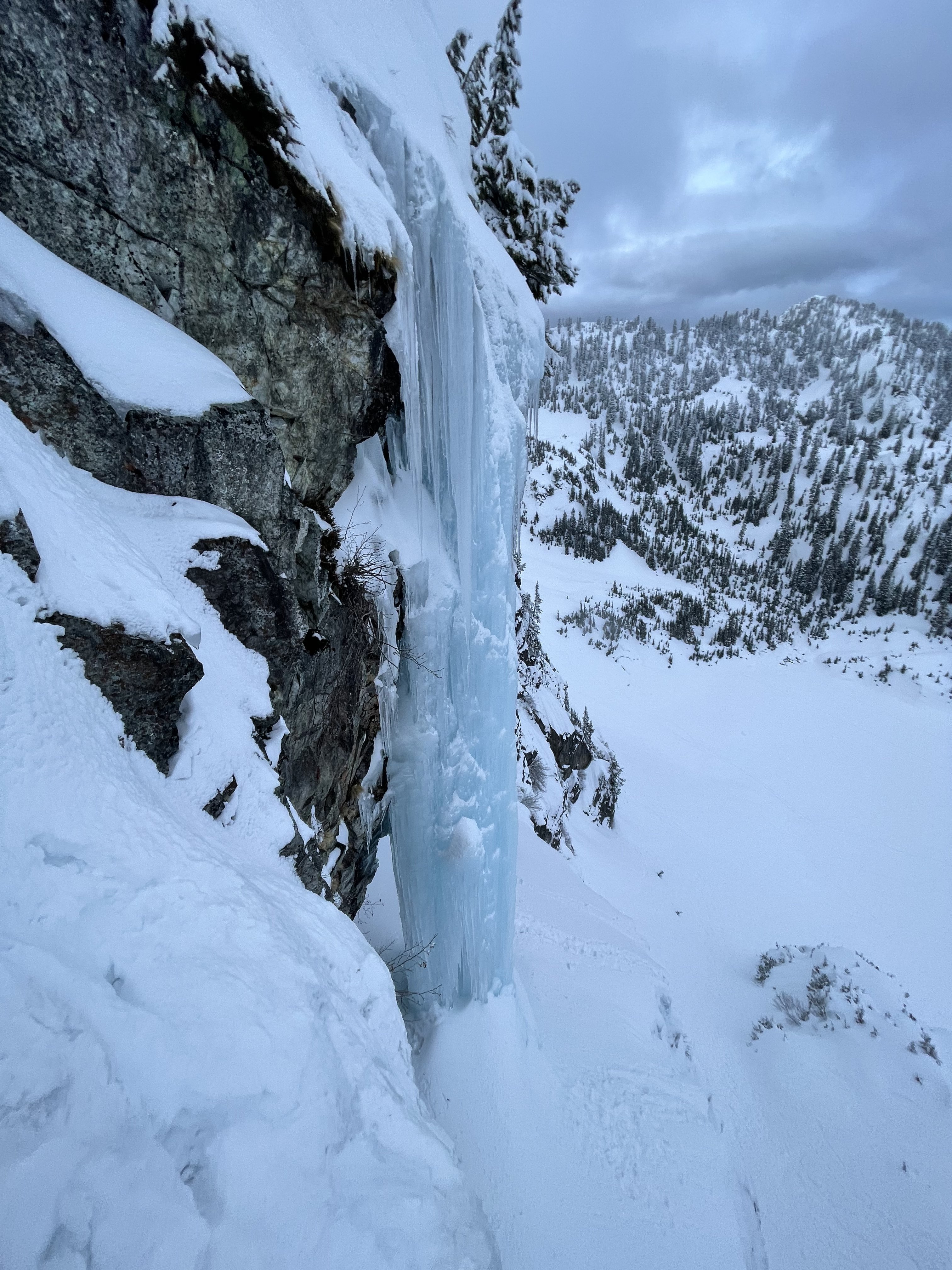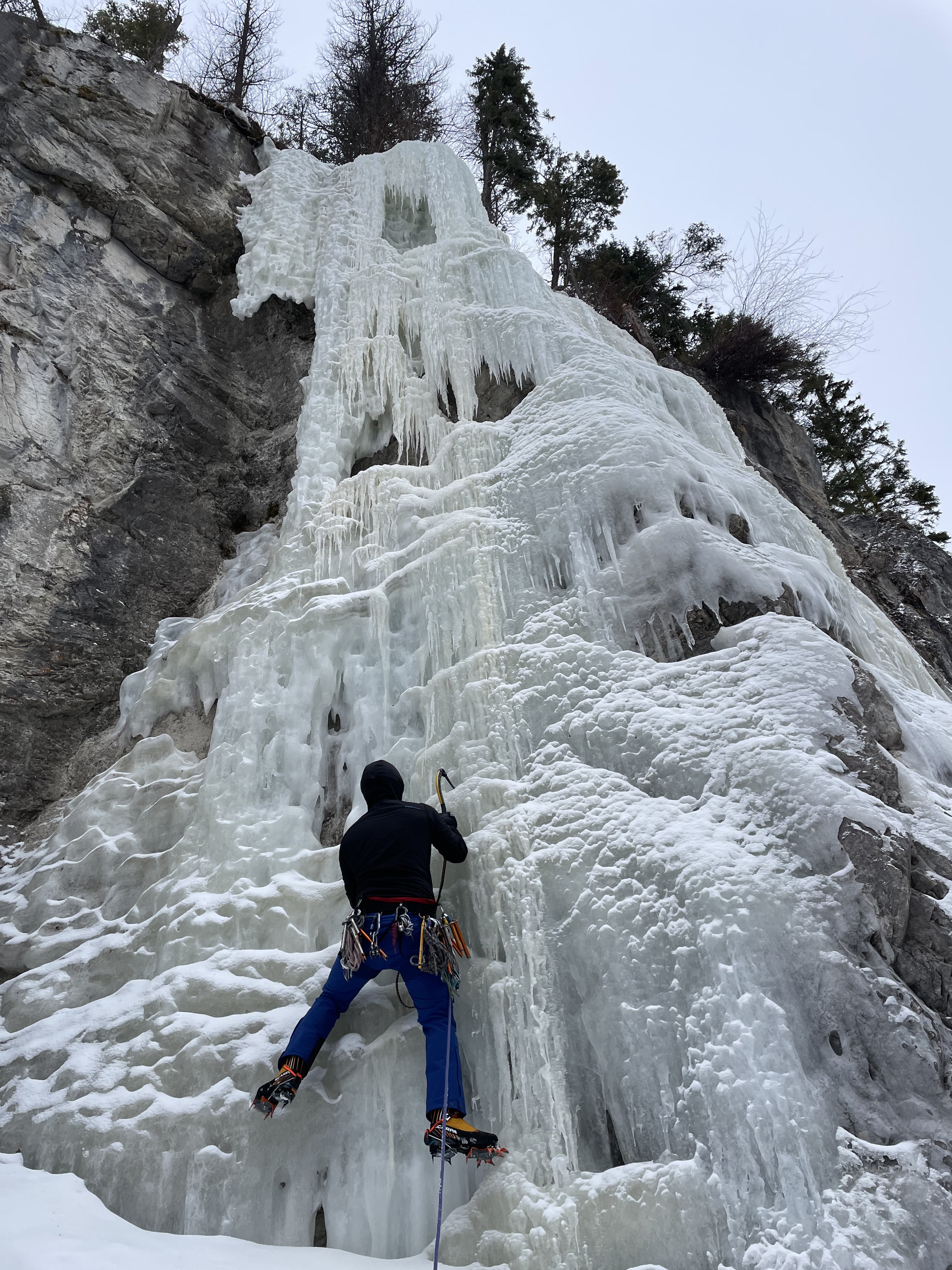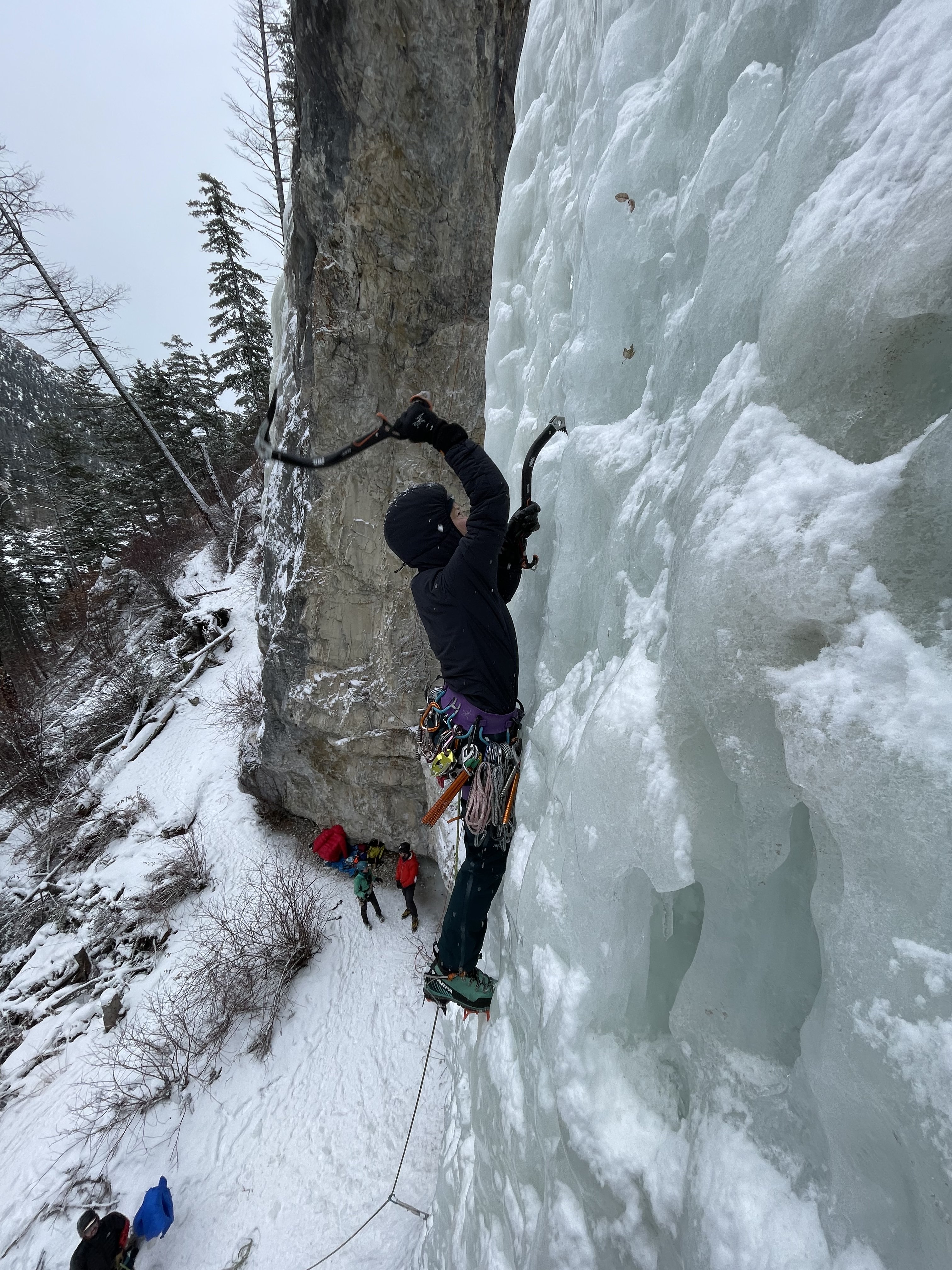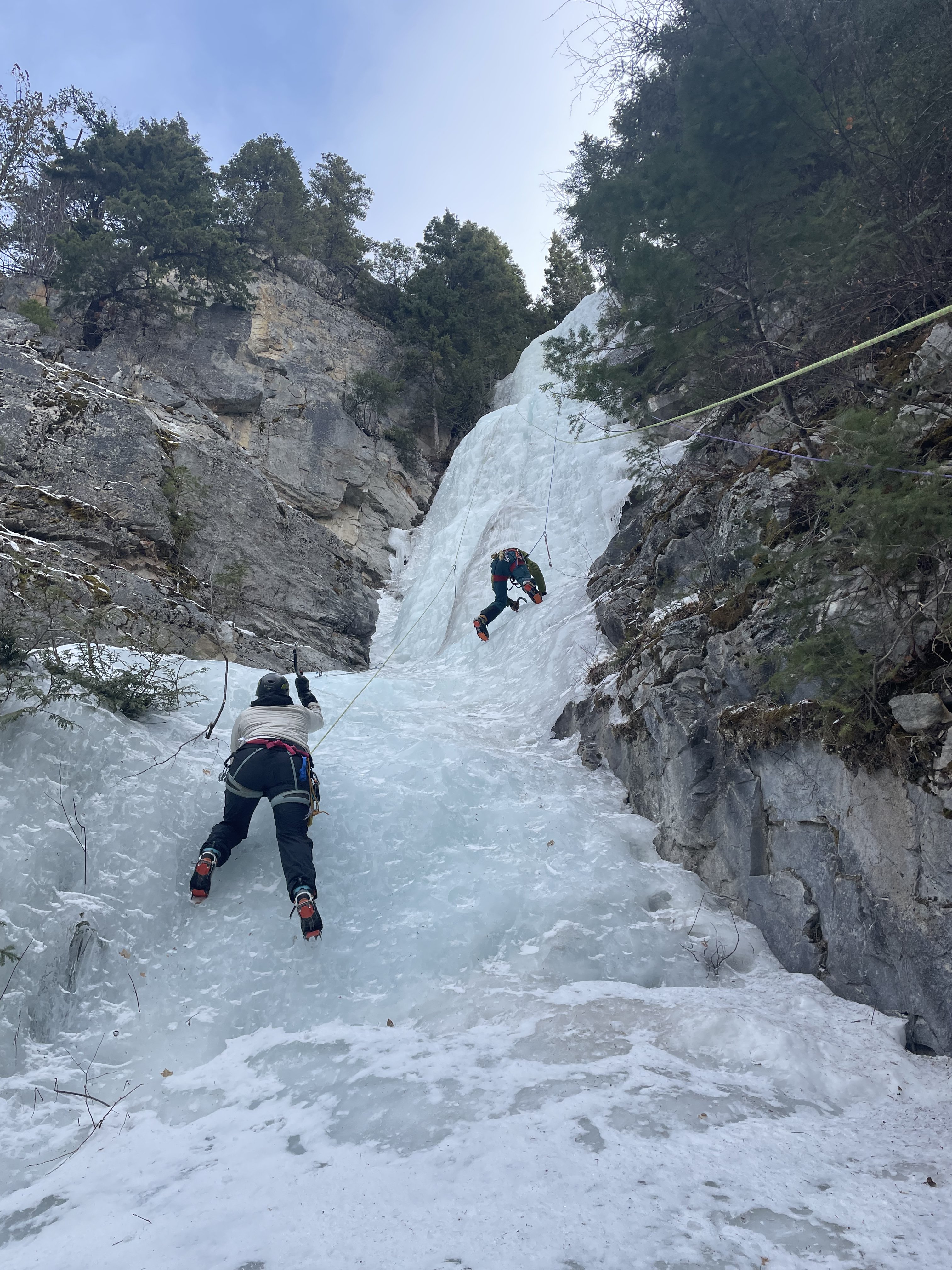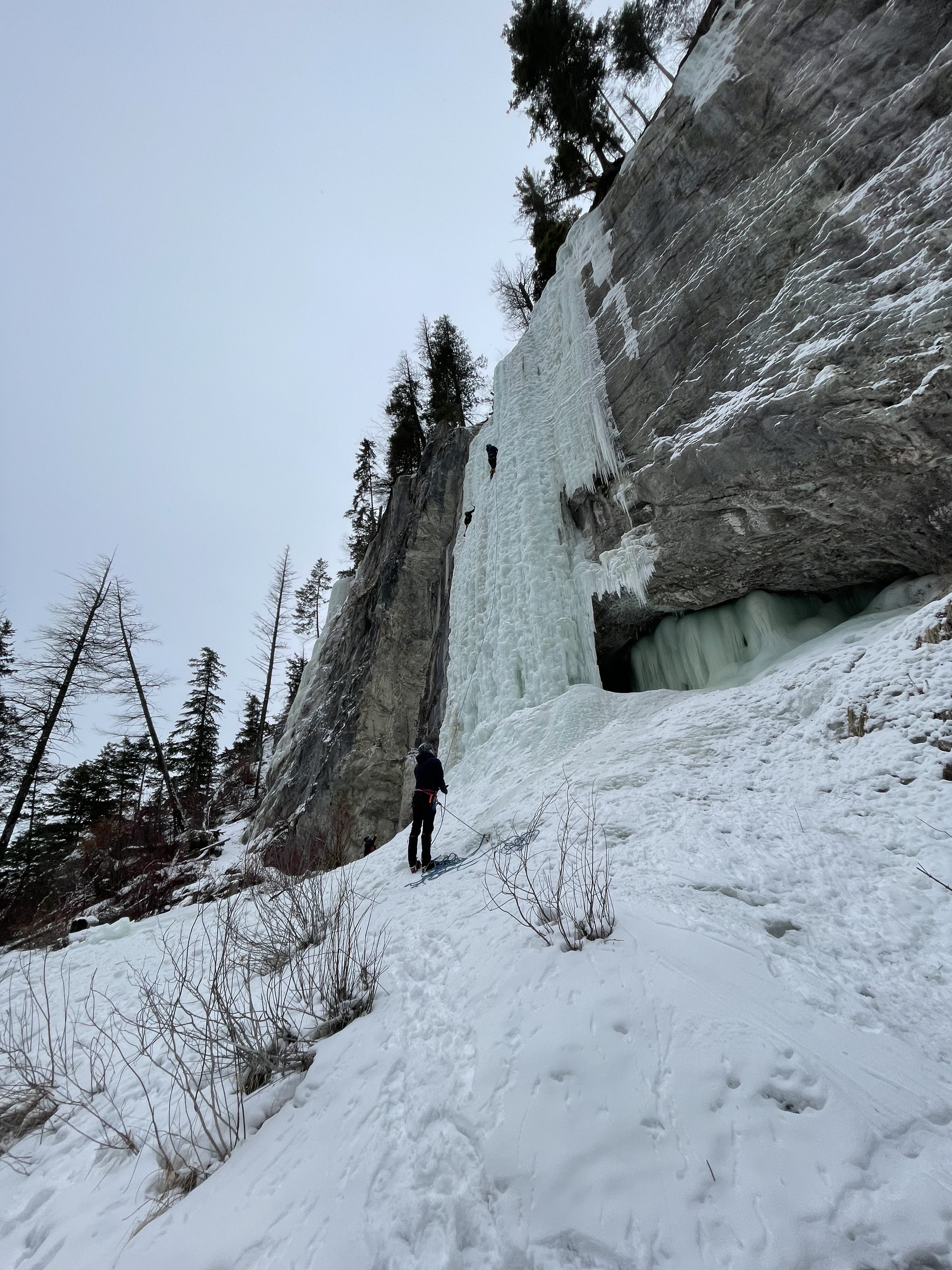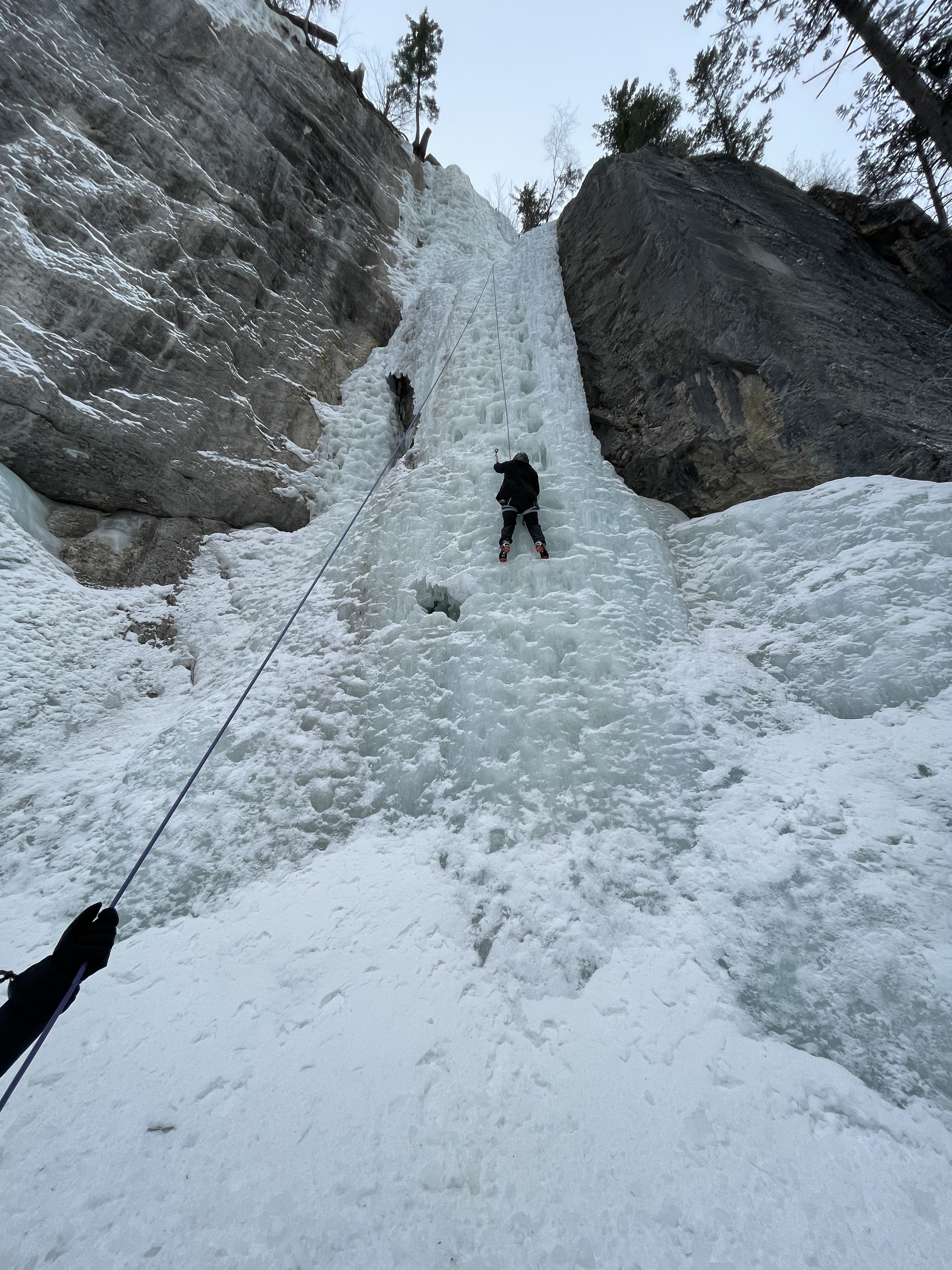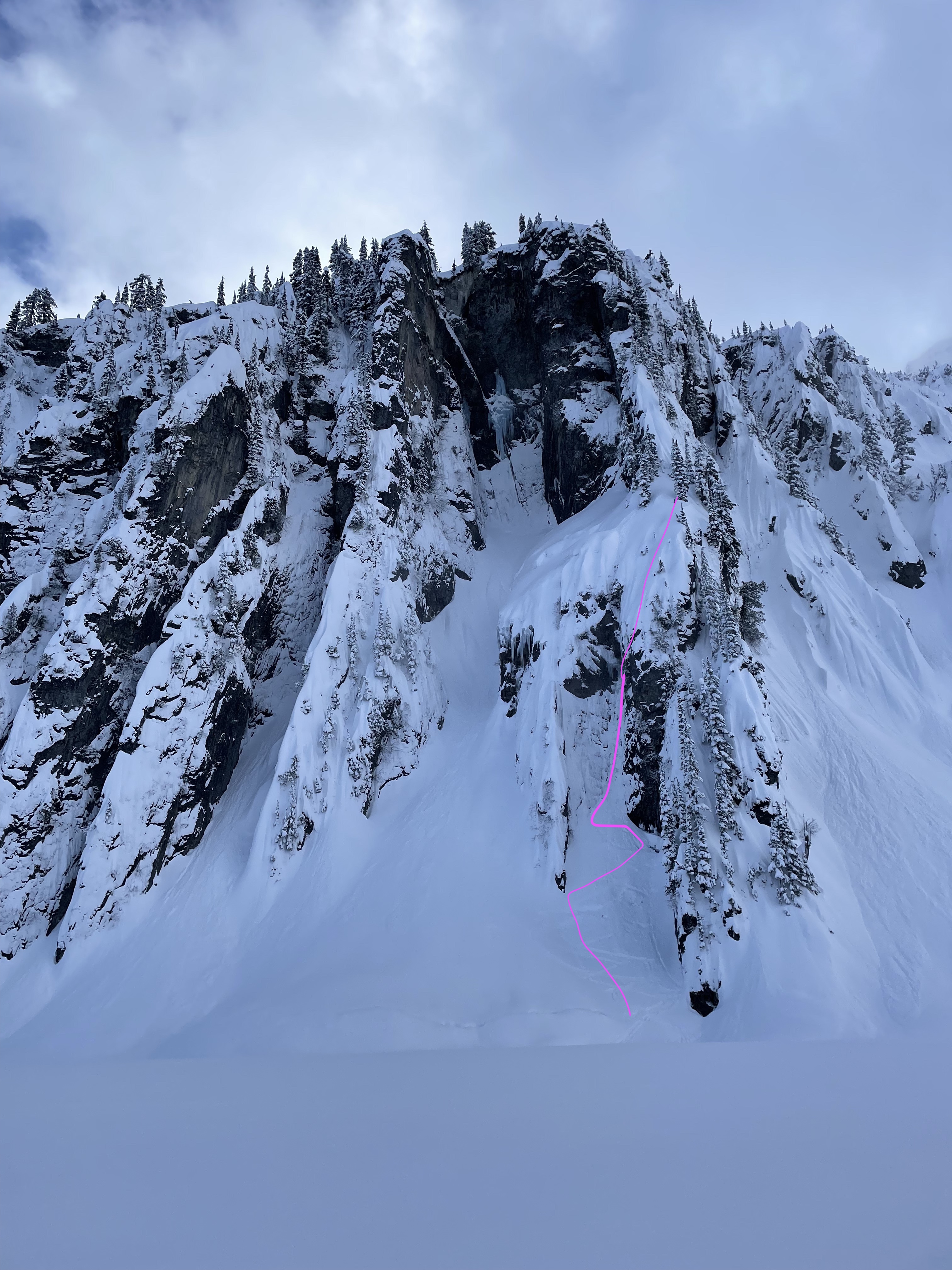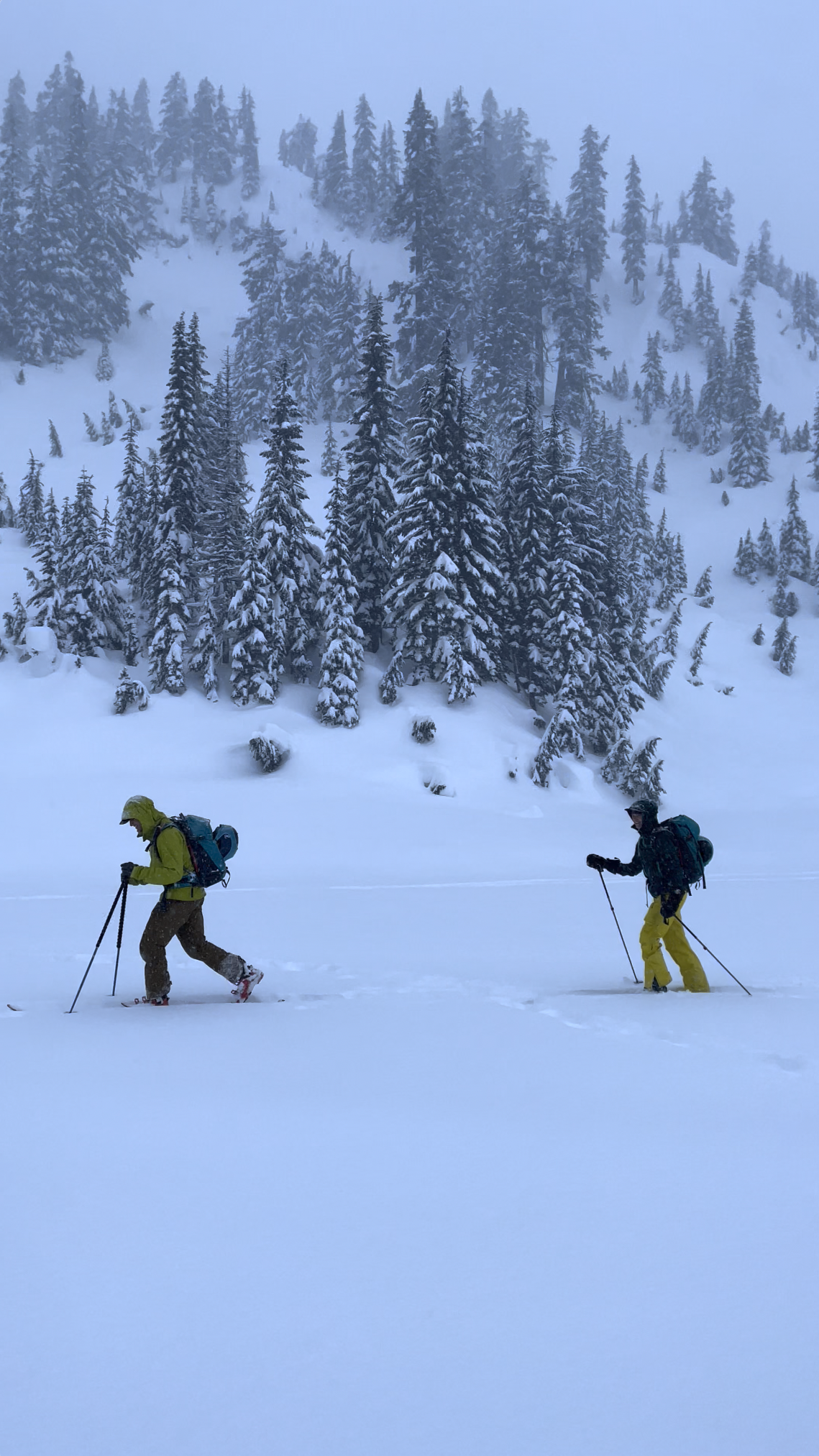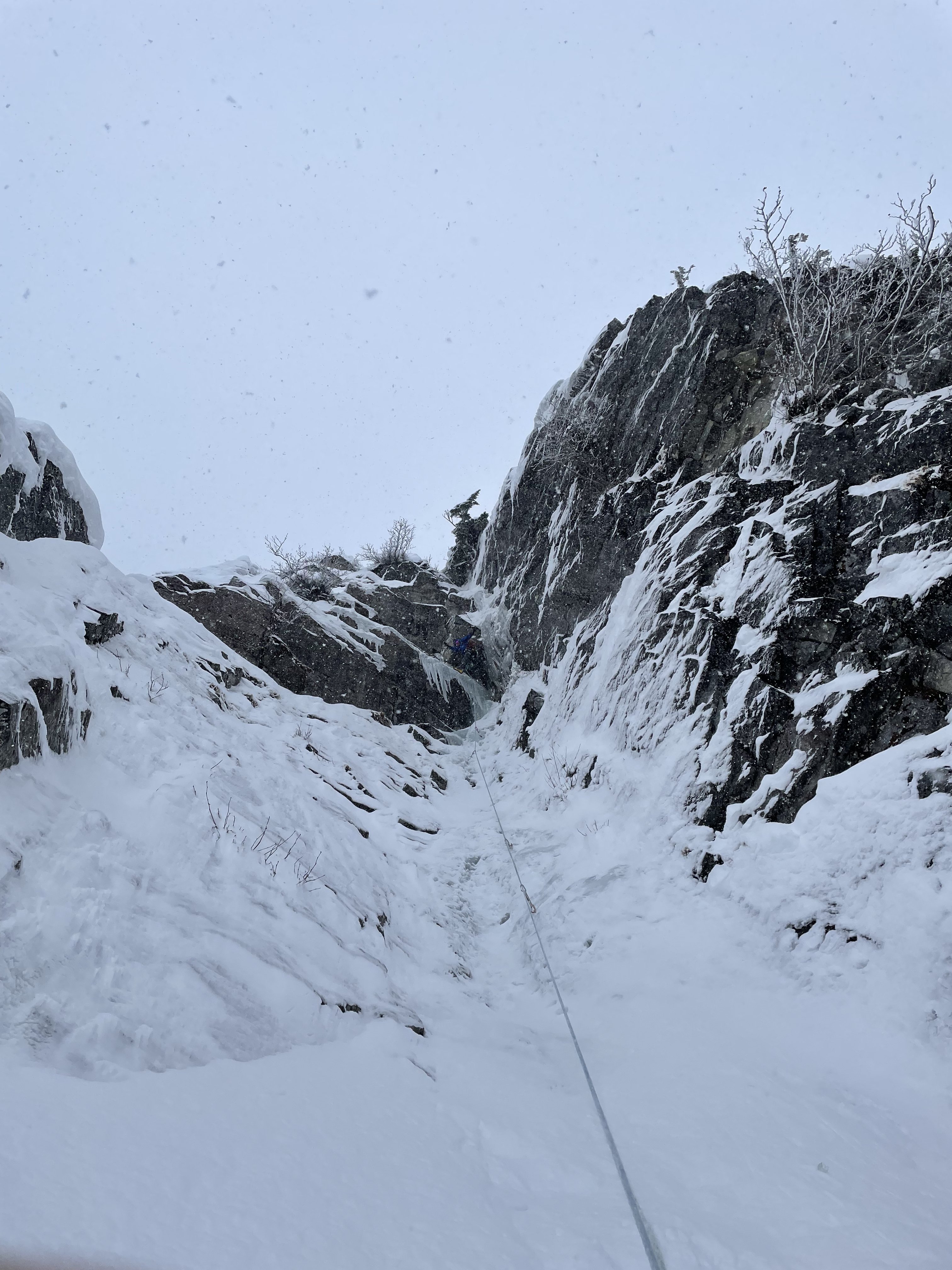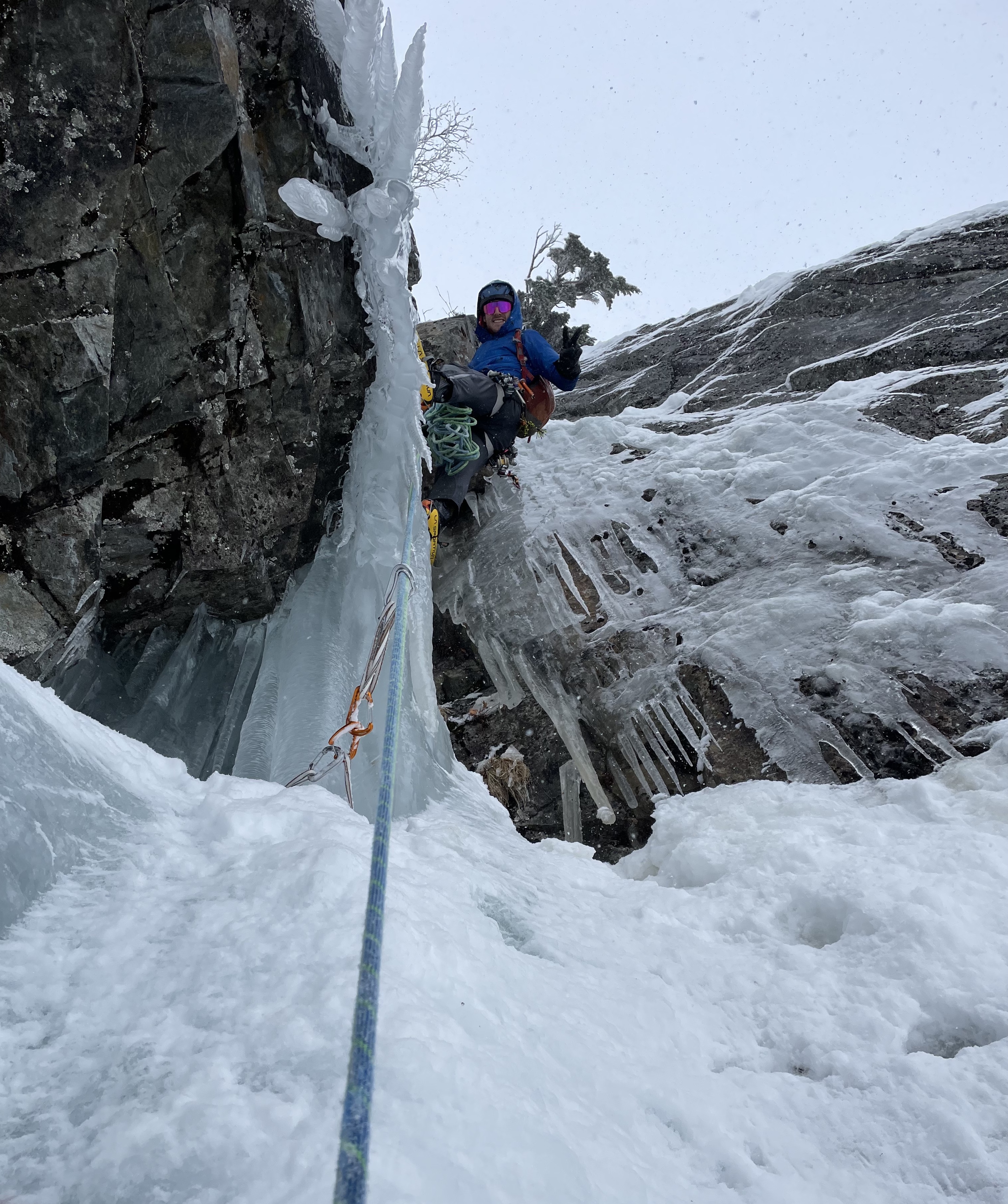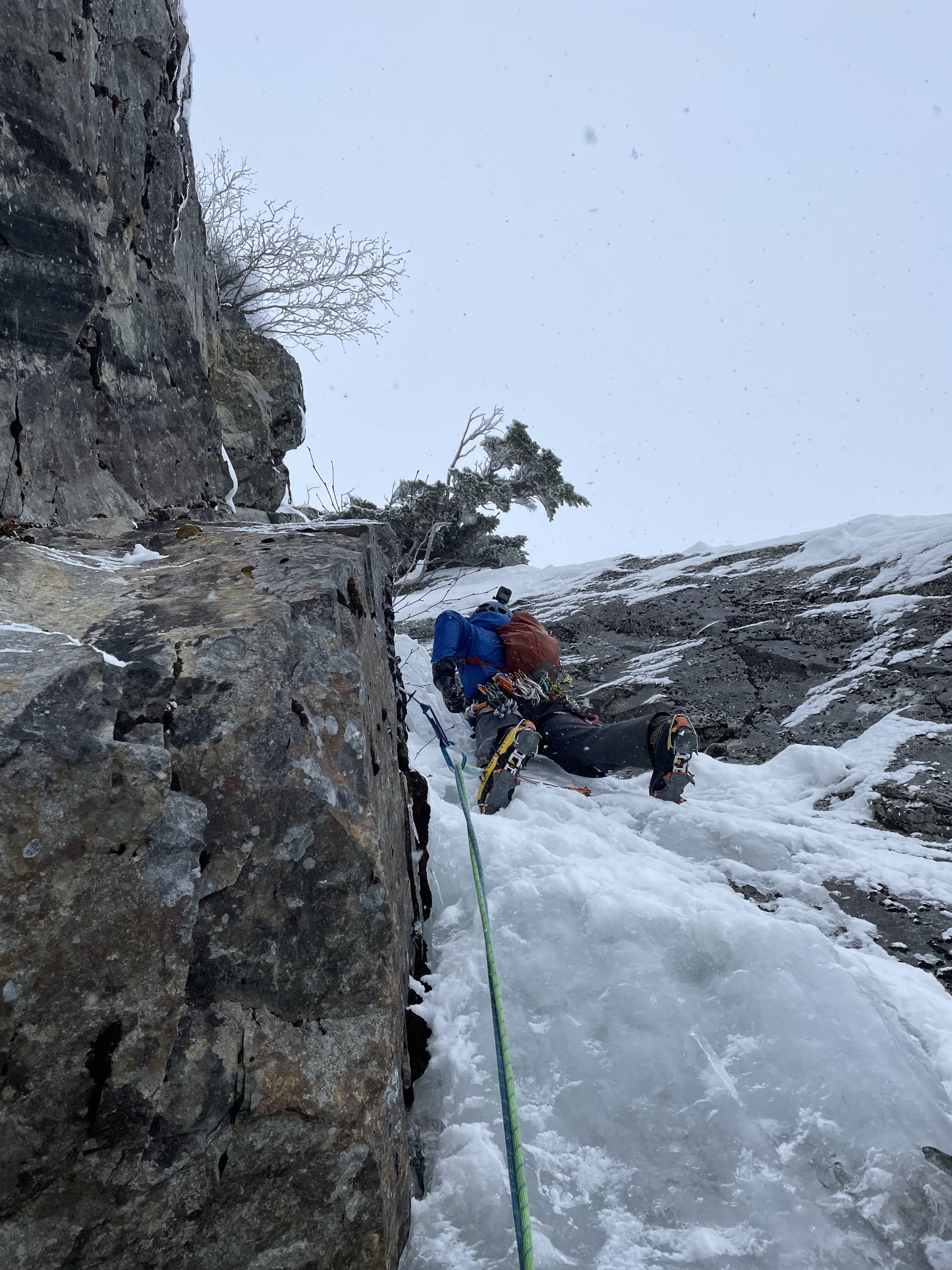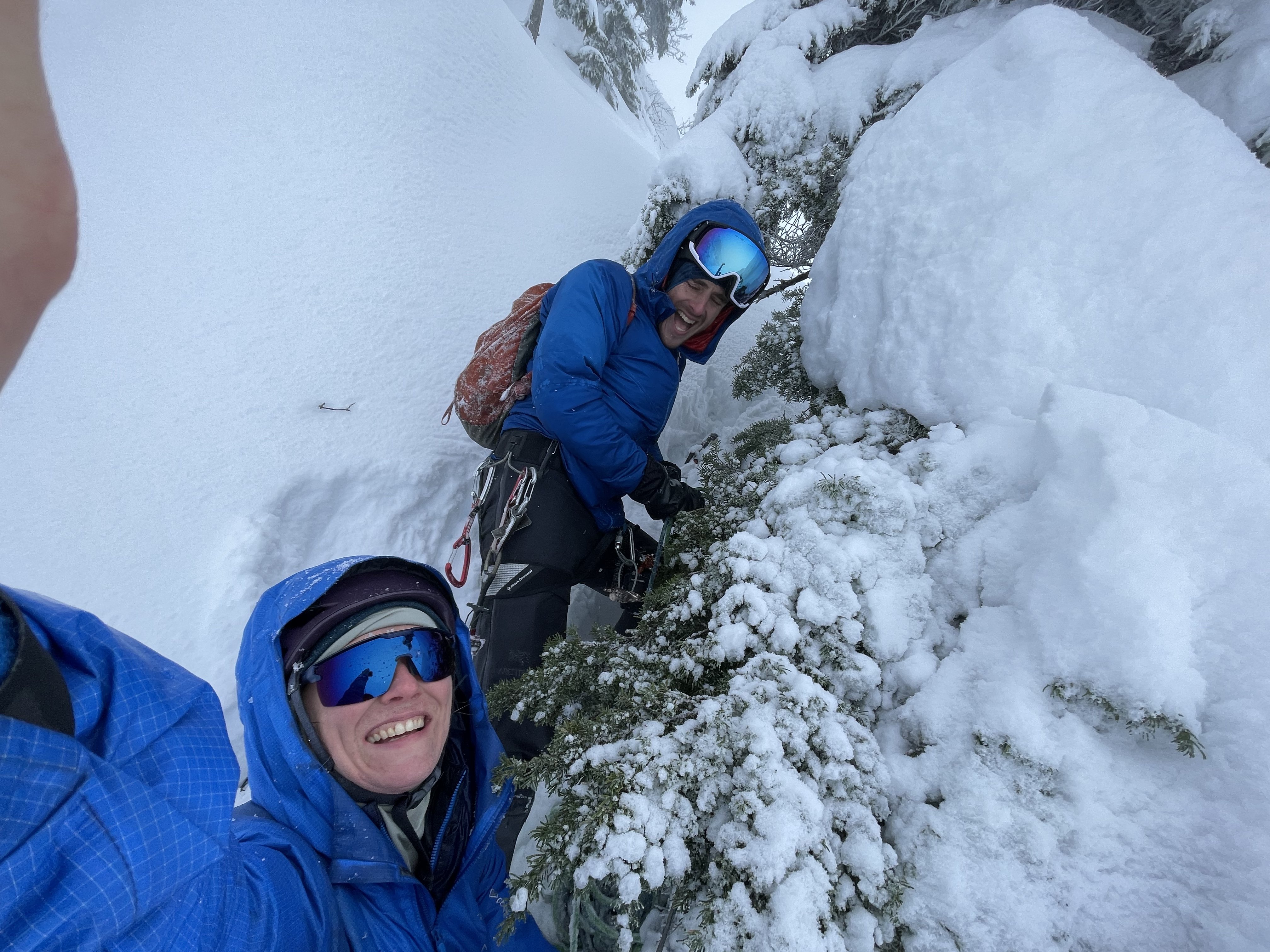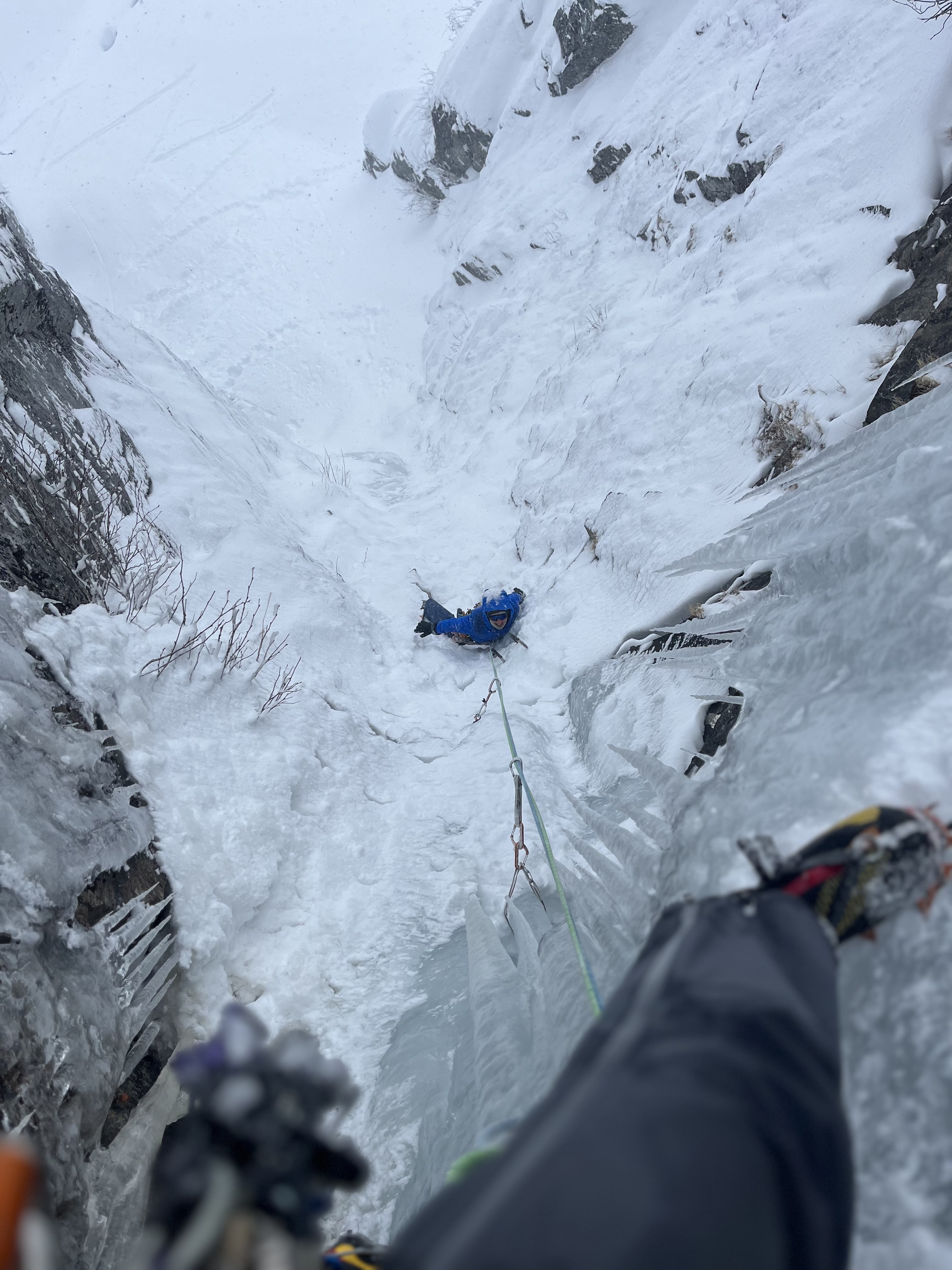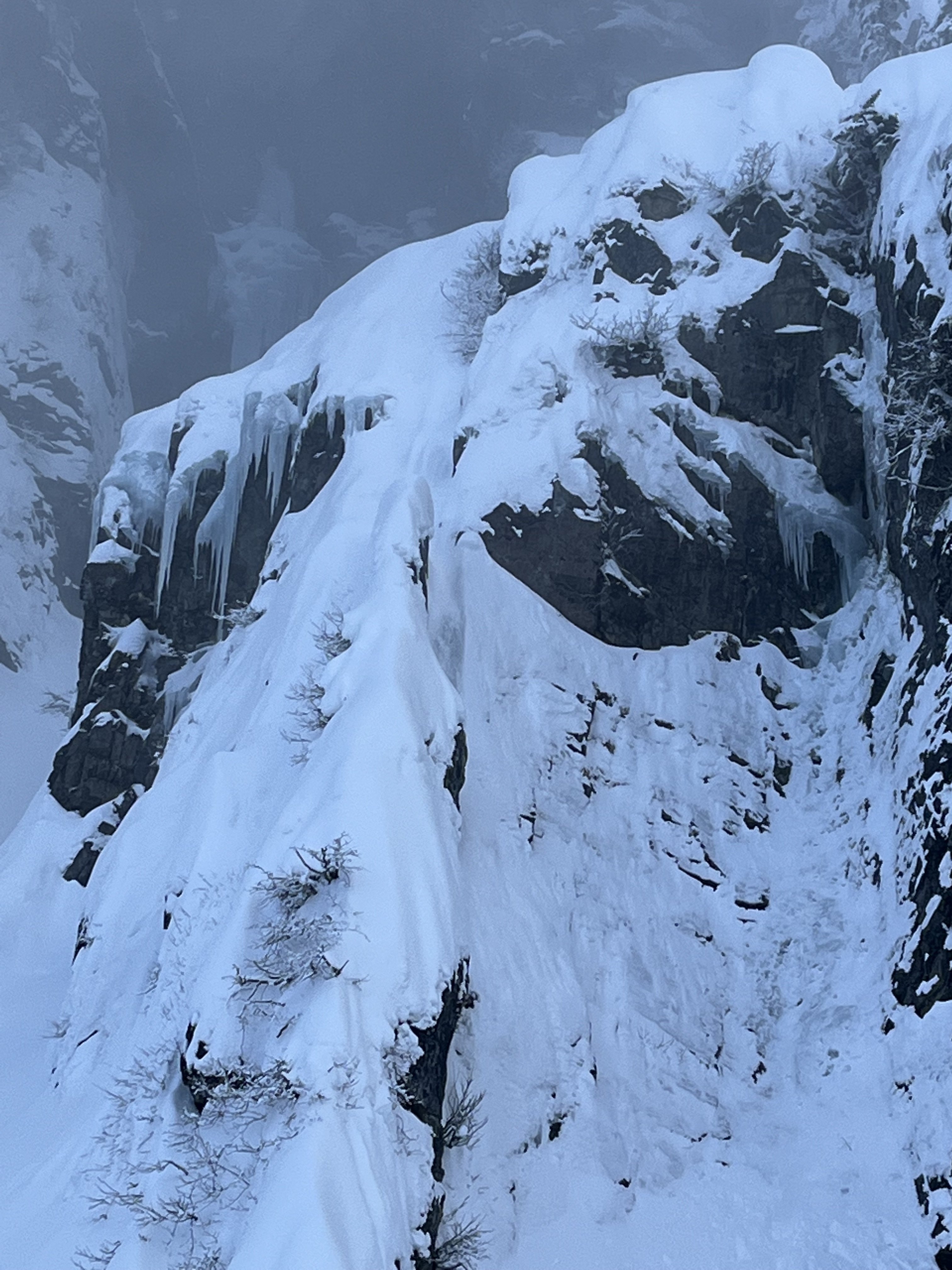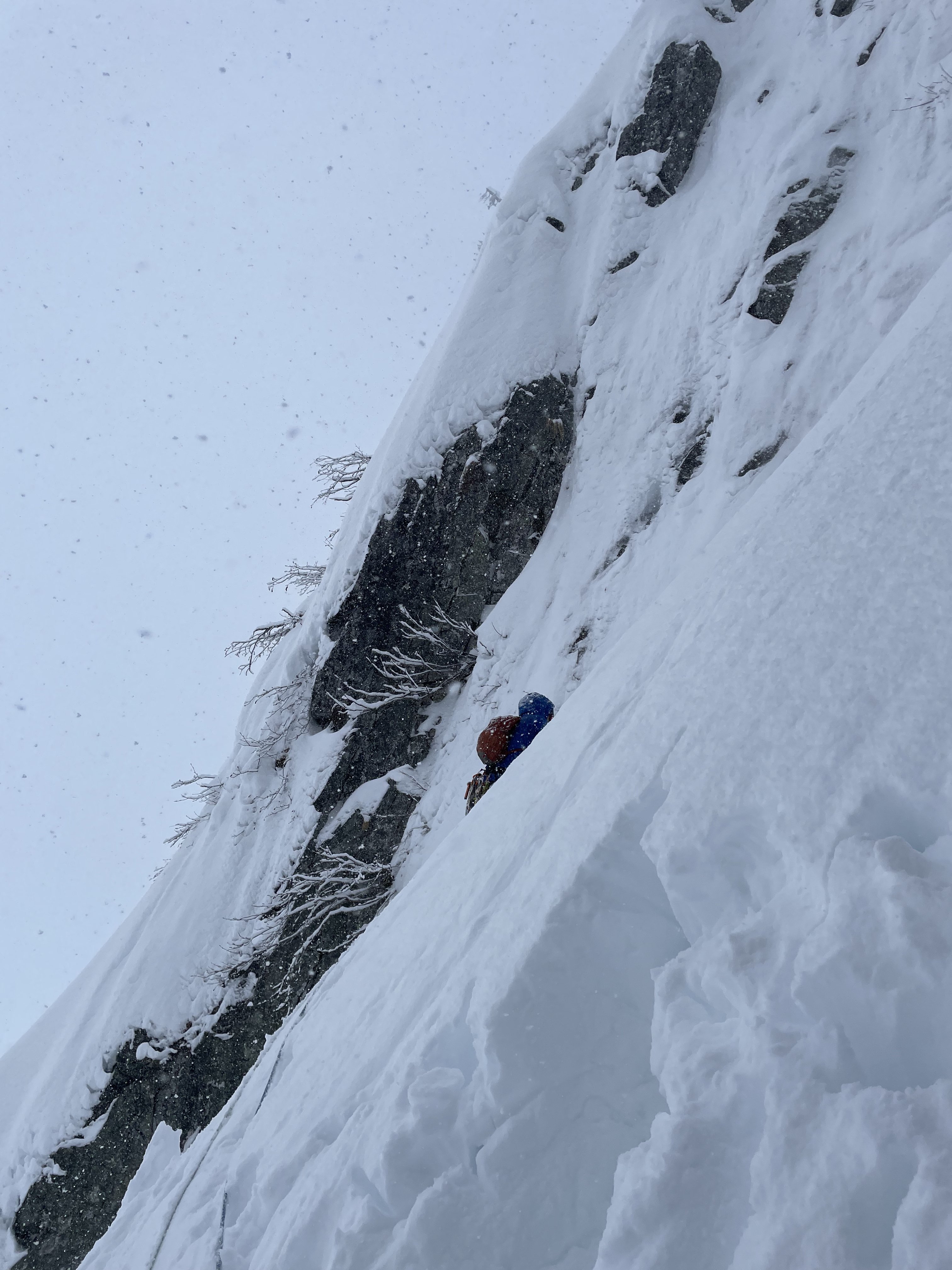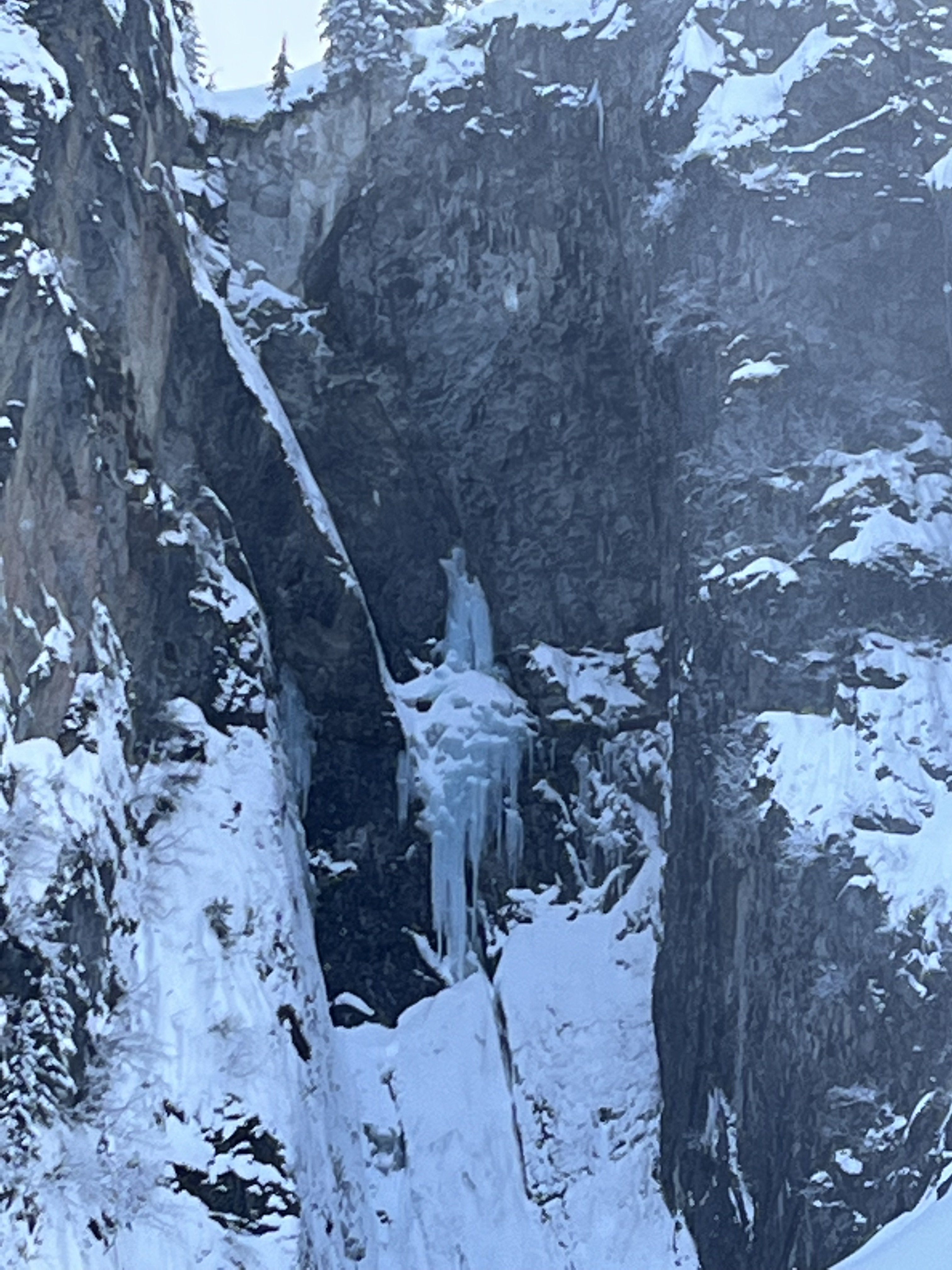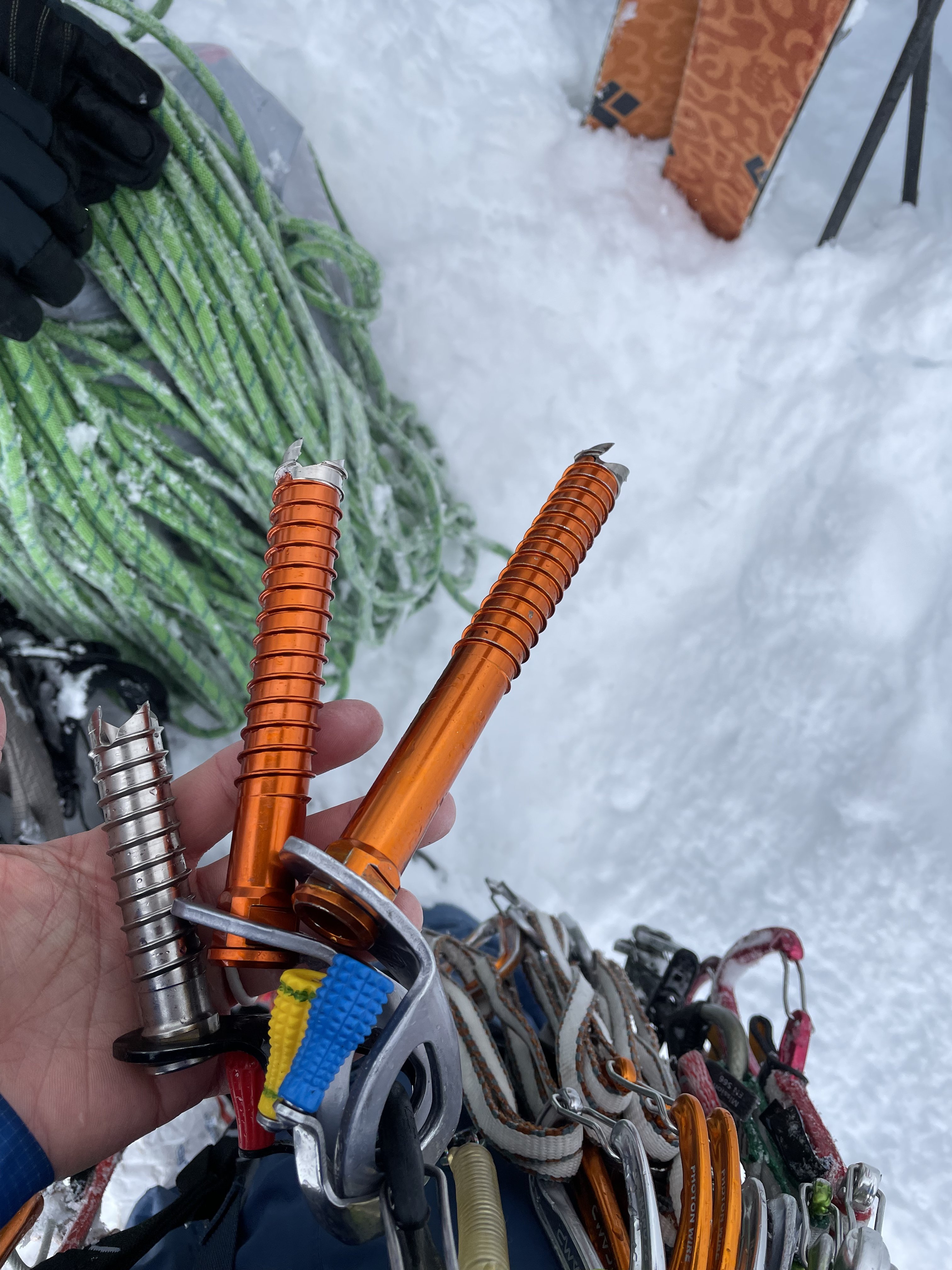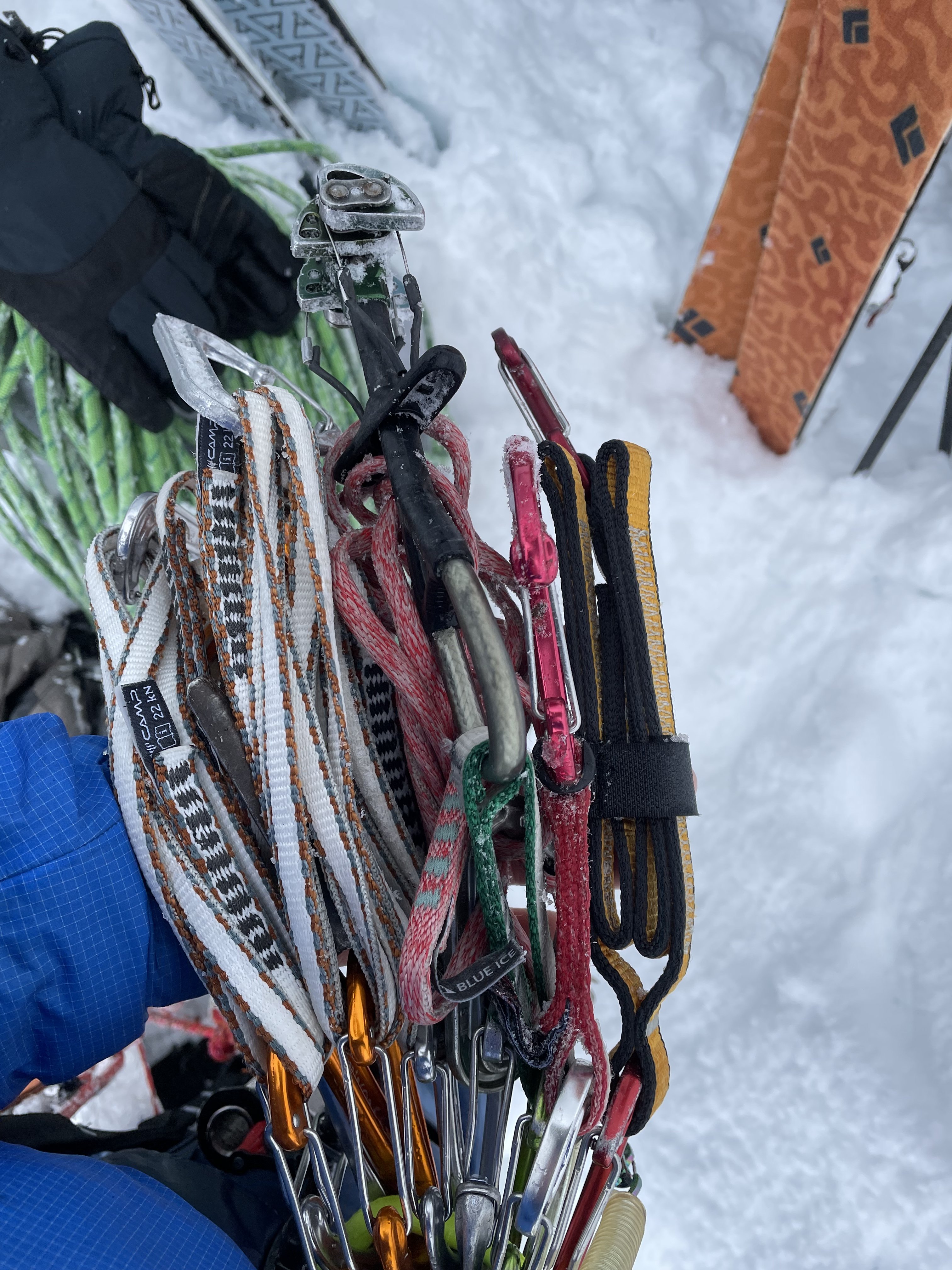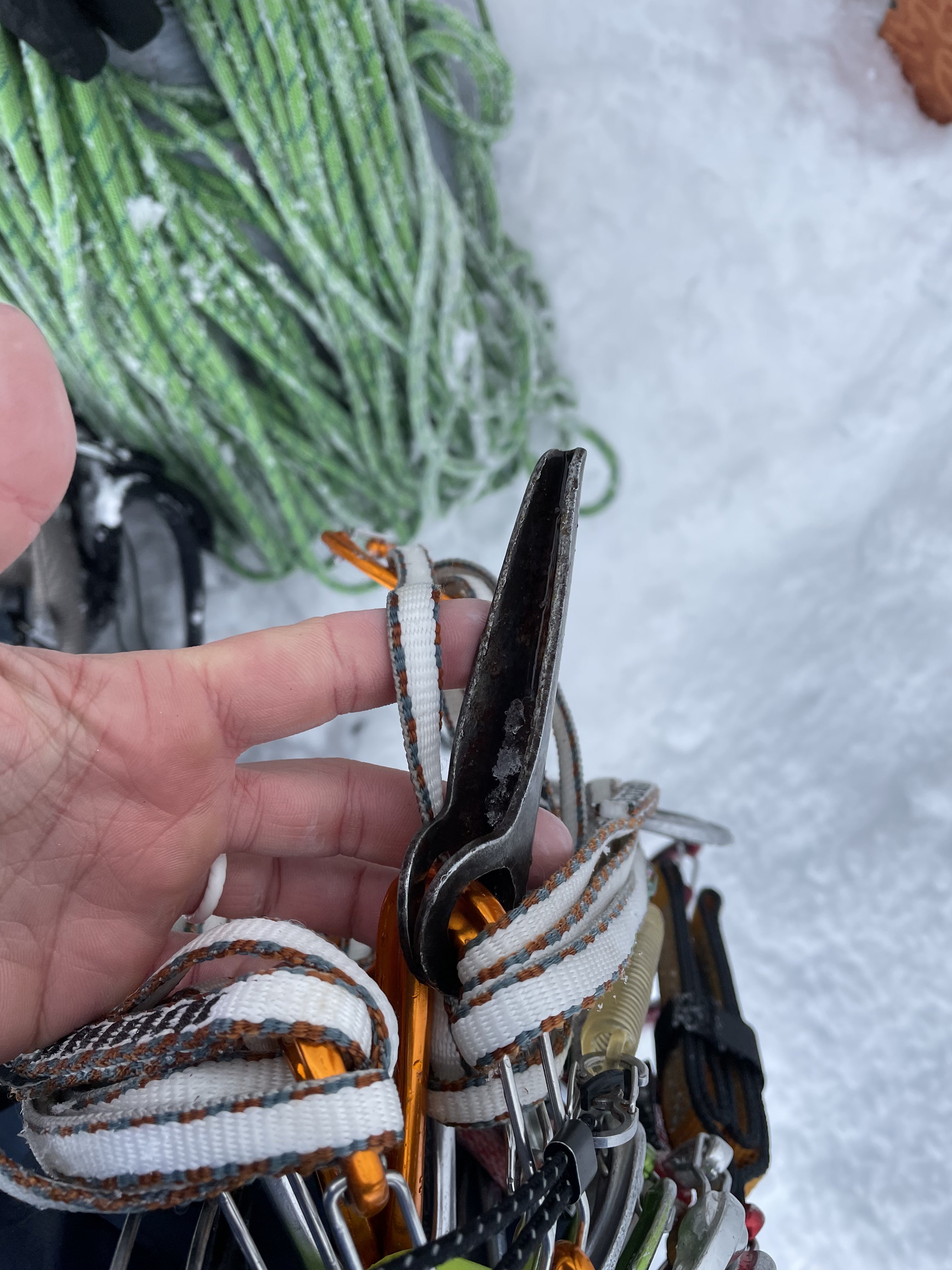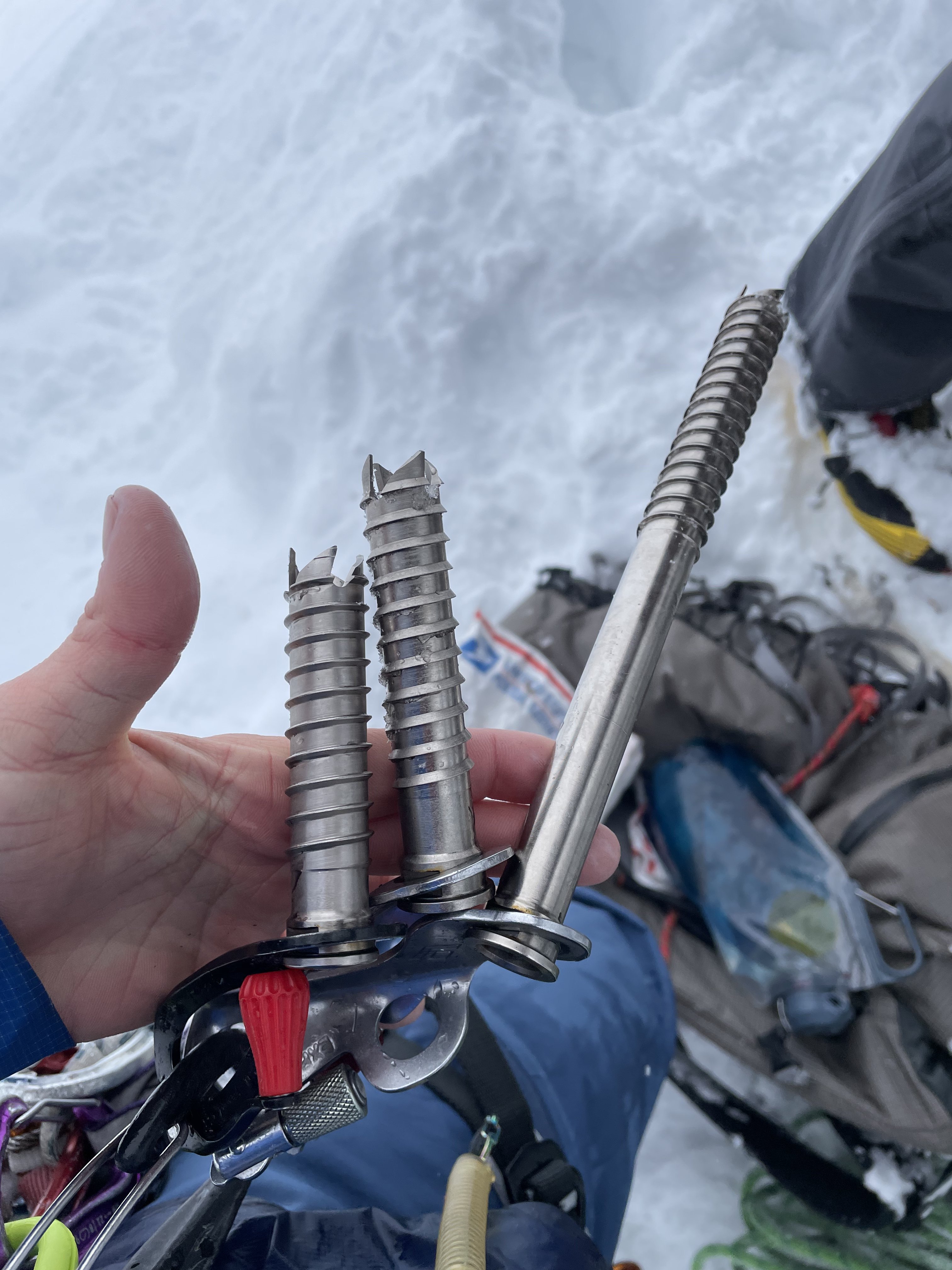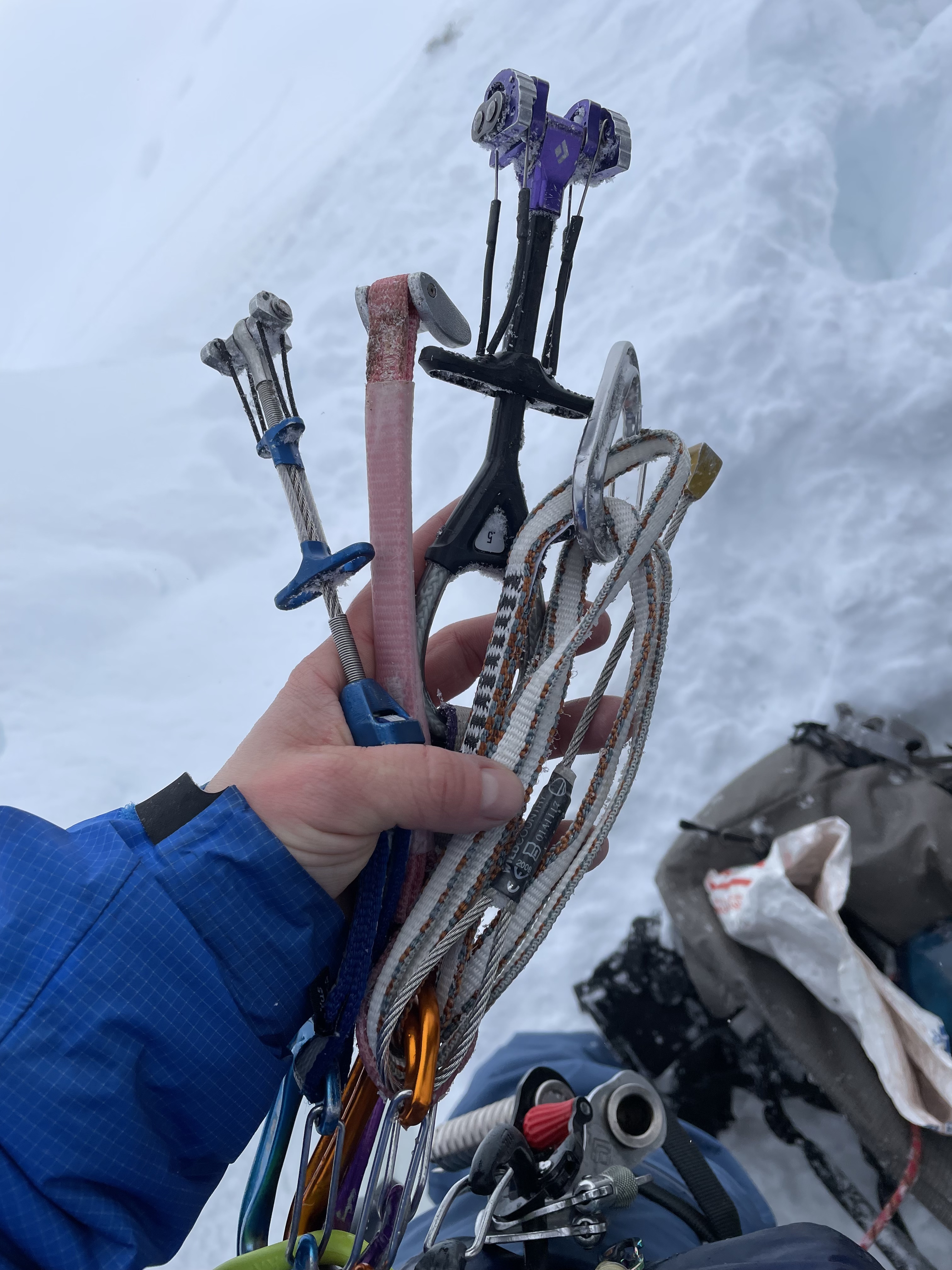-
Posts
52 -
Joined
-
Last visited
-
Days Won
5
Priti last won the day on November 17 2023
Priti had the most liked content!
About Priti
- Birthday 04/01/1988
Converted
-
Location
Seattle
Recent Profile Visitors
4786 profile views
Priti's Achievements
-
Priti started following montypiton
-
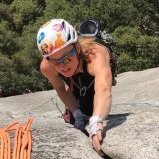
K7 Central - 2023 Trip Report
Priti replied to Priti's topic in The rest of the US and International.
I'm not sure it was a sundog, it was just a rainbow I guess from ice crystals in the air! Pretty unreal! The next day there was another wild optical solar thing -
Charakusa, Pakistan Summer 2023
-

best of cc.com [TR] K2 - Abruzzi Spur 07/28/2022
Priti replied to Eric Gilbertson's topic in The rest of the US and International.
Wow, the rock fall from the other climbers sounds horrific! It was awesome to meet you out there! Mega congrats, it wasn't an easy year for everyone else at least Jeff and I saw Serge and Marie out there this year again (no luck for them again). Thanks for the tip on Chris Tomer, we used his weather again this year, although he couldn't magically create good weather. Liason officer Zishan was a boss, cool dude! Hope to see you around the PNW! -
Priti started following olyclimber
-
Here’s some photos from when Andreea, Nick and I climbed Steppenwolfe. Should have climbed the pillar but didn’t for various reasons, including uncertainty on the stability of the ice.
-
Climbed Icy BC and Deeping Wall on Sunday, both pretty picked out but all there. Dale's Route was pretty good and not picked out too. Icy BC in Standard conditions Deeping Wall Deeping wall Dales Route Rambles Center Rambles Left and Center were in as well. I've heard that Loose Lady is in, but thin and/or delaminating at the top (report from Friday)
-
On Friday Feb 17th, 2023, Tom Beirne and I skinned out to Snow Lake in snowy weather. Andreea Gabor was supposed to be with us, but unfortunately she was sick, otherwise she would have been with us! I started from the car at 5:45 AM and reached the Slot Machine base around 8:20 am. We saw two other skiers out there, enjoying the fresh snow, taking the N Slopes of Chair Peak. The line we were looking at starts to climbers right of the Slot Machine, climbing two pitches to a snow ledge that can be connected to the base of the ice climbing on Slot Machine. Tom had made an attempt on the line a couple weeks ago, in worse conditions, and he knew the first pitch had a good screw belay, albeit a hanging one. The base of the ice climbing is up a steep snowy couloir, which we skinned up as far as we could to avoid wallowing in chest deep snow. It was snowing pretty heavily. Tom offered me any pitch but I asked Tom to lead both the first pitch and the second pitch. The second pitch was the hard mixed crux, and I didn’t want to sit a double belay on a hanging ice anchor and get cold. Instead we would both belay shorter time periods to keep moving. Tom dug a trench up the snow to the base of the ice, traversing far left to avoid the randkluft/rimaye/moat that was about 2 feet under the snow, and pretty darn deep. When he got to the ice, he cruised up, finding solid placements in the ice under the snow. Typical PNW, the ice was kind of funky and harder than it looked. He build a belay with three bomber screws under the roof and brought me up. I raced up as fast as I could, knowing we were already running low in time, despite our 3:30 AM departure from Seattle. I didn’t even bother taking off my belay puffy or belay gloves. I was making tons of moves I’ve never do on lead, trusting the snicey sticks, but it was effective, I guess. Tom took over again for the next pitch, that started with a couple inch-thick ice smear exiting the roof on the right. It looked like the next belay would be fairly close at a big tree. Tom made some mixed moves, finding the ice that was solid, but the feet kept disappearing as they fell off with the snow. As always, it was steeper and trickier that it appeared. An apparently thick spot of ice provided bottomed-out stubby protection, and then some mixed climbing to the tree. The tree was directly to the right, but appeared to have died in all of the places that were reachable. It had the effect of a bunch of downward sloping fragile spikes barring access and preventing upward movement, instead of providing any protection. Tom hammered in an angle, and wished we had brought the lost arrows that we discarded in the car. Then he placed a .5 and and a pink tricam followed by a magnificent knife blade piton that I was unable to retrieve (so it’s still there!). There was another mini roof to pull around, after getting some dirt sticks and weaving through the tree roots. Luckily there was a nice bit of ice pouring around to the left, and it make it possible to pull around and protect with a very tight .75. As I was belaying in the protected roof alcove, bunches of snow, ice and dirt kept pouring down. We had radios, so I buckled down when I heard the tree was not a belay option. Then needles, twigs and branches started raining down. I was very glad I didn’t lead that pitch, despite the fact that it looked like it would be simple and icy at first glance. Past the tree was about 15m of deep, steep snow wallowing to the next tree belay. We were both slightly concerned about the slope stability, and wallow factor when we analyzed it from the ground, but on inspection of a side view of the slope, it looked climbable, while we also determined it is not accessible from the top, or by climbing around. Tom finally burrowed through the snow slope to the top and I was so cold by that point, I said I might have to turn around. He also was soaked and cold at this point, so instead of wallowing across to Slot Machine (where we would have to rappel the adjacent couloir and then wallow back up to our gear cache) we decided to rappel. We rappelled from the tree, leaving cord and a biner, and then made a naked V-Thread under the roof, making sure to pull it quickly so the rope didn’t get frozen in the wet ice. Back on the ground, the sun poked out a teased us for the first time all day. But knowing that we were running out of time and didn’t want to ski down in the dark, we abandoned the idea of climbing my project, the ice pillar next to Steppenwolfe. Slot Machine would have been cool to climb, although it is probably spicier than it looks. Fantastic day out there, thanks for the full on adventure out there, in worse weather than I ever go out in. Your stoke kept us going, if not keeping us warm. We have discussed the rating, and it is hard to rate things in WA because things are never in good conditions and probably this will not be in as good condition again. Steepness does not indicate the level of scrappy-ness or commitment you need. We gave Gambler’s Fallacy a WI4+ M6+ (protects well) Steep snow (X, no pro, would whip the whole pitch), 65 meters, 2 pitches. Gear: Note: Lost Arrow should replace small angle, making much better placement (not pictured: the knifeblade I left in place. I tried to take it out, but a mini rock roof prevented hitting it up and down. Please re-hammer it to ensure it is secure before using)
-

[TR] Goode Mountain - Megalodon Ridge 08/29/2021
Priti replied to JeffreyW's topic in North Cascades
Megaladon Ridge provided as much hiking and scrambling as one could dream of, interspersed with 4-8 pitches of roped climbing, with some dubious rock quality. I’d give it a rating of 5.9, Loose-3/5, 2.5/5 stars. I noticed the rock was more loose but blocky on the climber's left of the ridge, and more solid but steep on the right. Staying on the ridge generally led to a decent downclimb, not a cliff, so that was the best option. Most of the big blocky-tower gendarmes were easy to skirt. The round trip is over 40 miles, and as much as I wanted to do it in three days, getting a permit had us at the trailhead at 10:30 on Saturday. It was a joy to get bored of the hundreds of meters of scrambling and easy free soloing.The area is so gorgeous and the perfect weather lured us into spending more than an hour by the river, enjoying the peace and let time expand and relaxing into the sounds of the burbling river and singing birds. I def didn't want to bring the stove, but I guess it was reassuring if we actually got terribly cold or HAD to melt snow. The warm meals were nice, and coffee in the morning. The Petzl Altitude harness was esp nice b/c it sits well under the pack straps, and I have gear loops on my pack, so the lack of them on the harness is fine! We brought the Beal Escaper, and debated between a 50m and 60m rope. The first rappel down the descent would have not made it with only a doubled over 50m rope. Careful about pulling rocks down on yourself at that rappel! -

[TR] Goode Mountain - Megalodon Ridge 08/29/2021
Priti replied to JeffreyW's topic in North Cascades
Such a great outing in an beautiful area with the best partner! Amazing write up!! -

best of cc.com [TR] West Fury - Mongo Ridge 07/05/2021
Priti replied to JeffreyW's topic in North Cascades
This is so true! The rock varied from place to place. Some spots were compact with little pro (getting on to ridge proper) some were loose (tower 1/2) some were solid but covered in lichen and gritty disintegrating rock (tower3) and some was good and blocky but still questionable in places! Definitely need to have experience with Rock Quality to be a good judge. I think if there was a rating for looseness this would get a L3/4 out of L5- 16 replies
-
- 2
-

-
- tripreport
- cctripreport
-
(and 1 more)
Tagged with:
-

best of cc.com [TR] Pakistan - K6 Central 10/09/2020
Priti replied to JeffreyW's topic in The rest of the US and International.
Thanks y'all!

